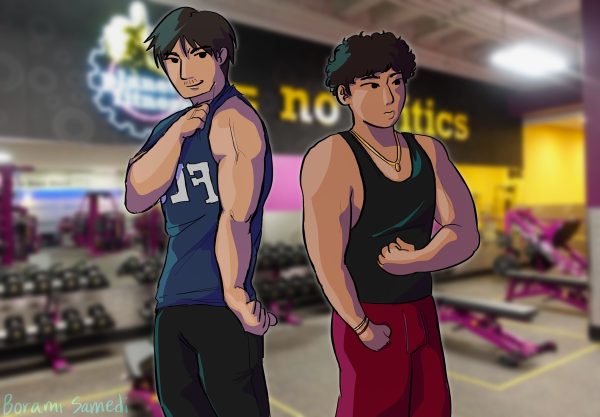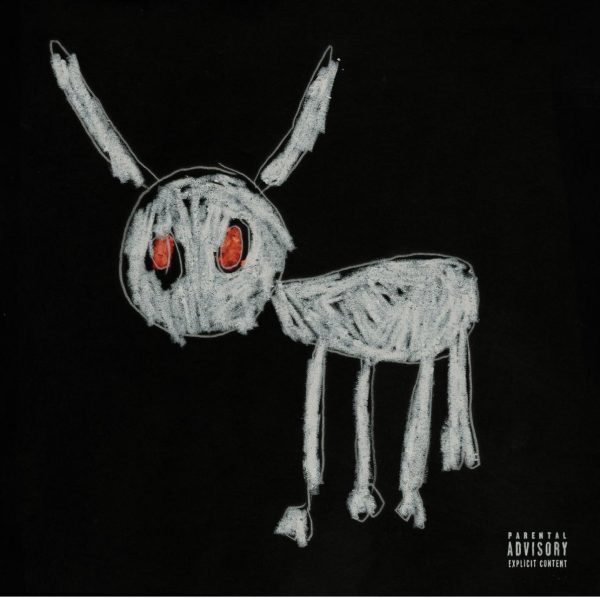LGBTQ+ rights should be more protected in PA schools
The original iconic photograph “Raising the Flag on Iwo Jima” from WW2, was replaced with the LGBTQ+ pride flag, in recognition of the LGBTQ+ students who are struggling in Pennsylvania schools because of the lack of protection and safety.
December 21, 2021
The Pennsylvania Department of Education needs more regulations to protect LGBTQ+ students. Unlike other states, Pennsylvania has nothing that will protect the LGBTQ+ community from harassment, lack of resources, and overall discrimination. In the state of California, in 2013 Governor Brown signed a bill to protect young LGBTQ people, which prohibited state-licensed therapists from using dangerous practices such as shaming, verbal abuse, and aversion therapy. These practices put LGBTQ+ children at high risk for depression and suicide. This was seven years ago in a time when being a part of the LGBTQ+ community was shunned upon even more, yet PA has done nothing to make change.
Children are being bullied simply for being themselves in school. In 2019, the School District of Philadelphia sent out a survey, which was the 2019 “Youth Risk Behavior Survey.” The results of this survey shows that 58.6% of LGBTQ+ students are being bullied compared to the 32.1% of their straight peers being bullied and and 15.55% of the LGBTQ+ students are not going to school because they are scared for their safety and don’t want to sit through about 8 hours of bullying. Bullying gives a higher risk for depression, anxiety, increased feeling of sadness and loneliness, issues with sleeping and eating, and loss of interest in things that used to be enjoyable. Bullying can cause a decrease in test scores and loss of motivation.
Besides bullying, uneducated teachers and adults can add stress to LGBTQ+ students. During a school day, a student can be repeatedly called by pronouns they are uncomfortable with or be dead named. These seemingly harmless actions by the adults around them can cause students to doubt themselves and their worth. Leo, a 14 year old trans man says, “as a trans person I was called my deadname and was told I wasn’t a real man,” when he told his family about this, they said to ignore it and deal with it as an adult would. This shows that uneducated adult figures also limit how they can protect their children. Hearing others call queer kids slurs and derogatory words and not knowing how to adress it is a problem. Just saying a simple “hey don’t do that” does nothing and in most cases the “repremanded” child will just go back to harassing other queer kids. This can make LGBTQ+ students feel unheard, unimportant, and forgotten.
Uneducated staff can also lead to a lack of resources for LGBTQ+ students, such as no place for LGBTQ+ students to reach out to for help, as well as no gender neutral bathrooms. I go to a school where the gender neutral bathroom is in the nurse’s office and with covid, it is only unlocked one day a week. This means that 4 out of the 5 days of school students that need a gender neutral bathroom have to use bathrooms with genders assigned to them which makes them uncomfortable. This can possibly lead to harassment or a forced outing.
In some cases, students even reported that they felt like they were not given as many opportunities as their straight peers. The k-12 education survey asked LGBTQ+ respondents whether they agree or disagree with the statement, “Because of the way the schools operate where I live, LGBTQ+ children here don’t have the same chances to get a quality education as children who are not LGBTQ+.” 43% agree while 52% disagree, 5% say they don’t know.
There are many ways we can prevent these things from happening. In CA, bills were signed to prevent children from going through harmful ¨therapy” or being kicked out of school for being a part of the LGBTQ+ community. Clubs can also be designed for LGBTQ+ students to confide in each other. Many schools have organized gay-straight alliances in order to form a safer space and counterattack bullying. We can have some of these solutions happen during the school day for children who want to be a part of it but aren’t able to stay after school. LGBTQ+ students deserve to experience the same education without worry of being bullied and the Pennsylvania Department of Education needs to do better in protecting its LGBTQ+ students from harm.


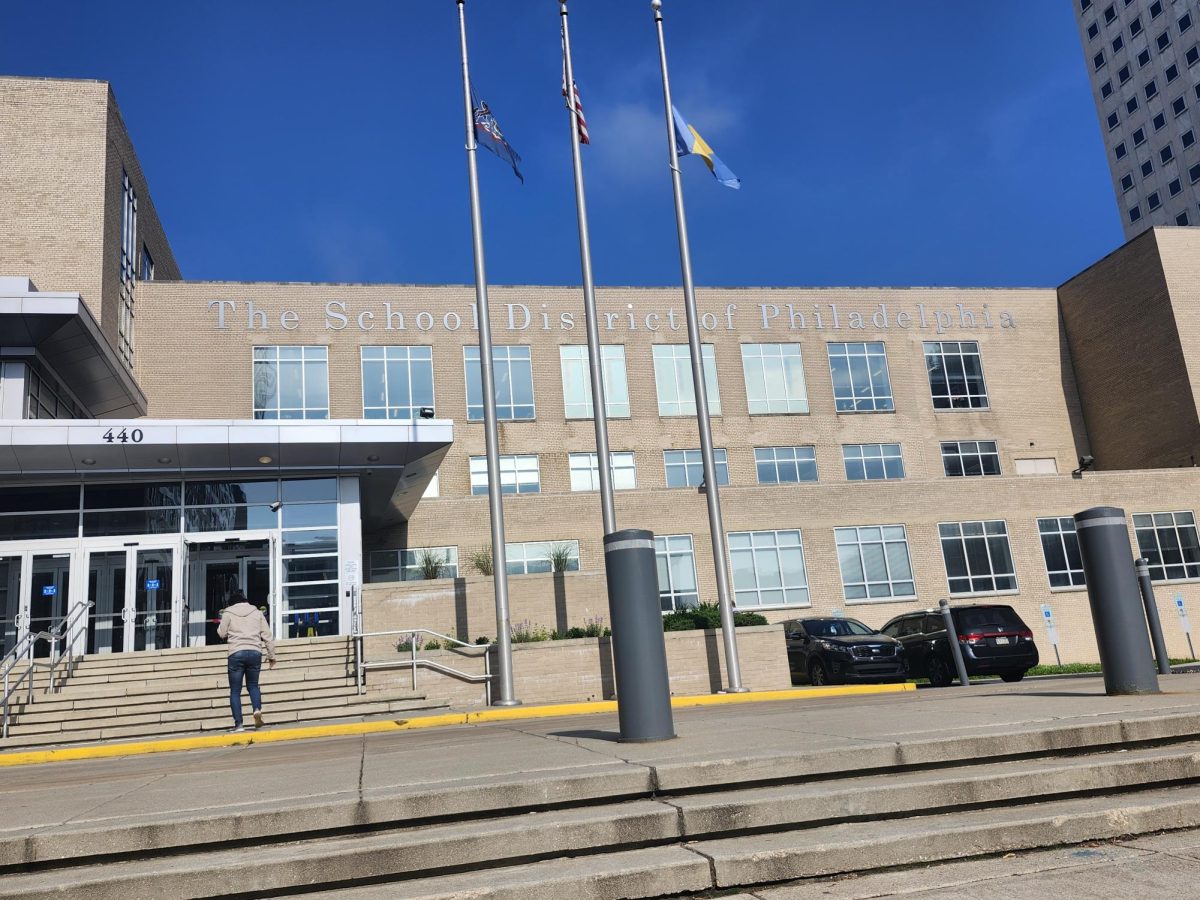
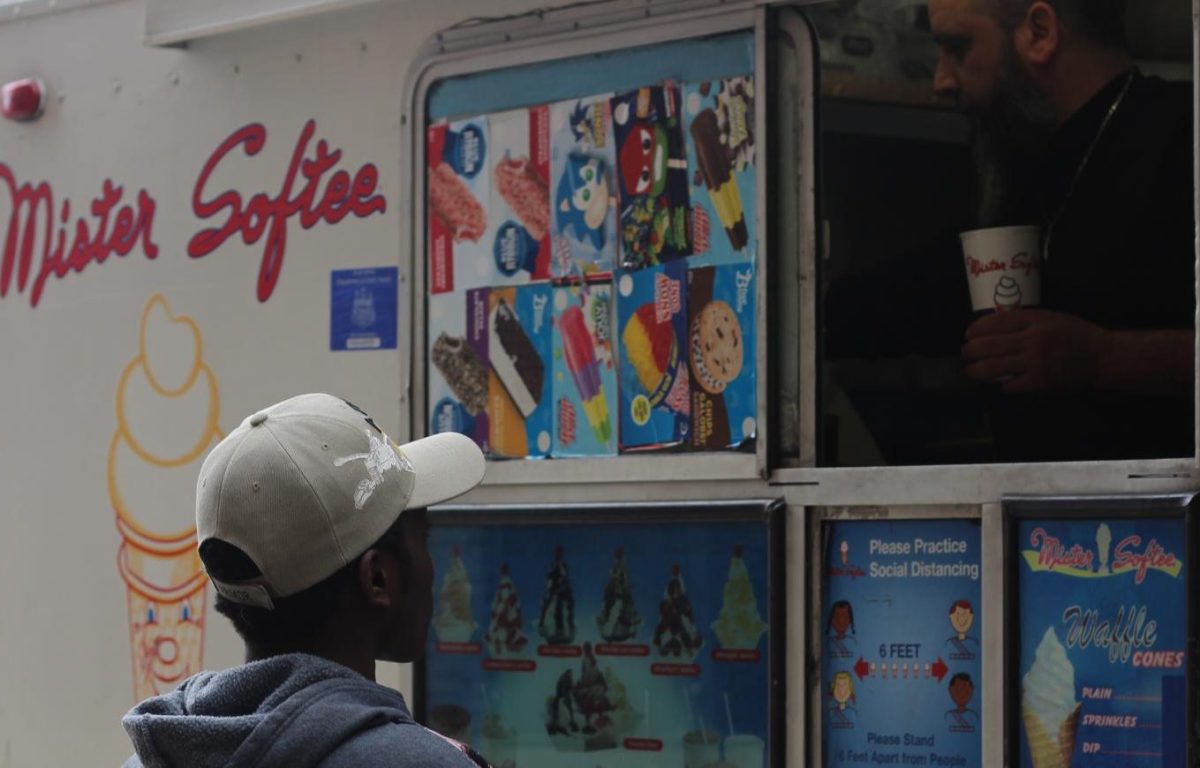
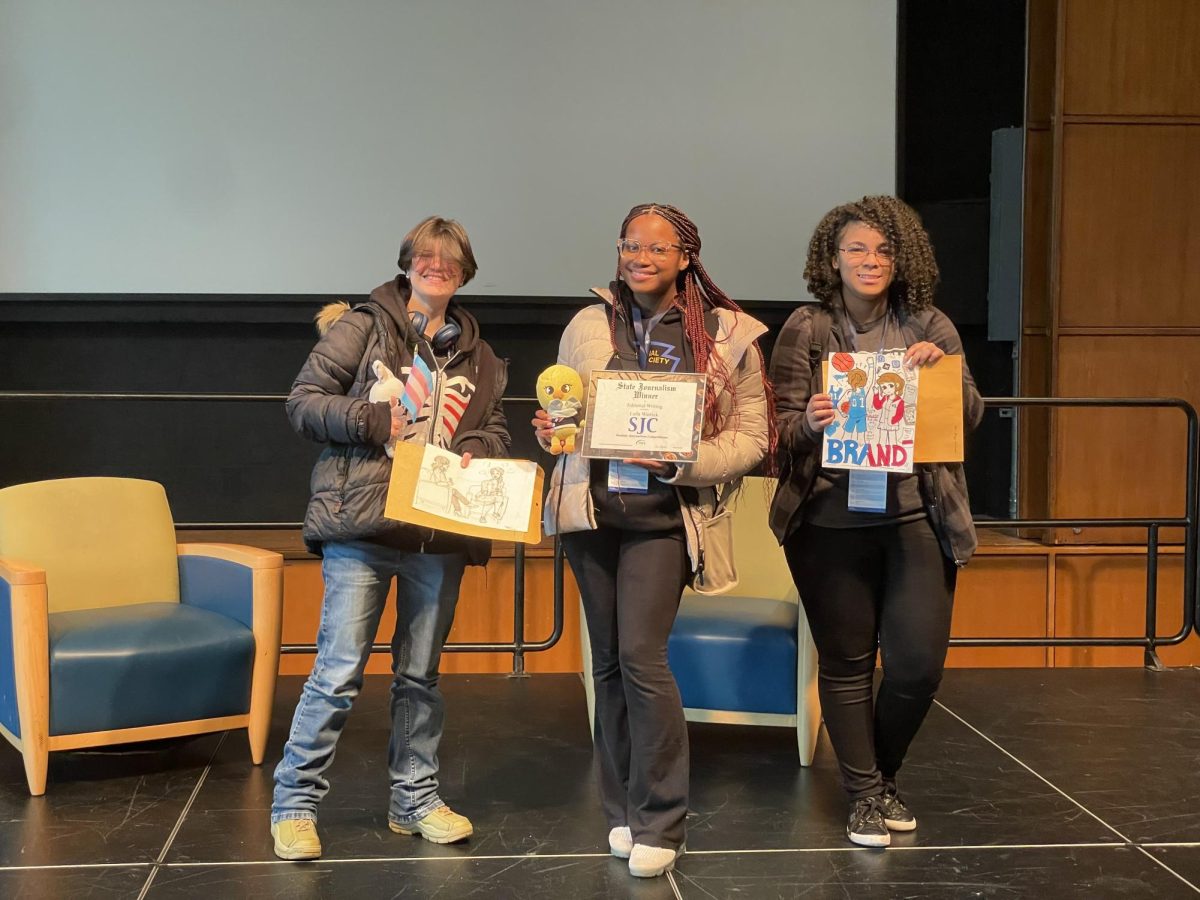
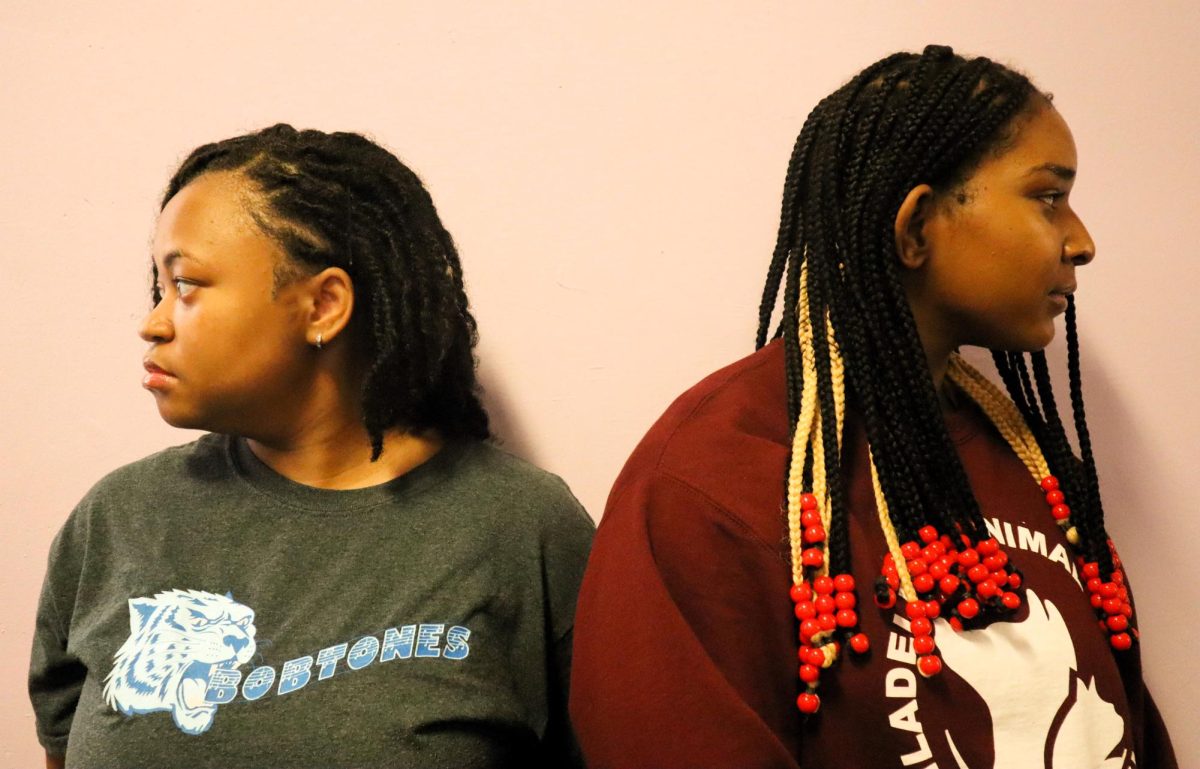
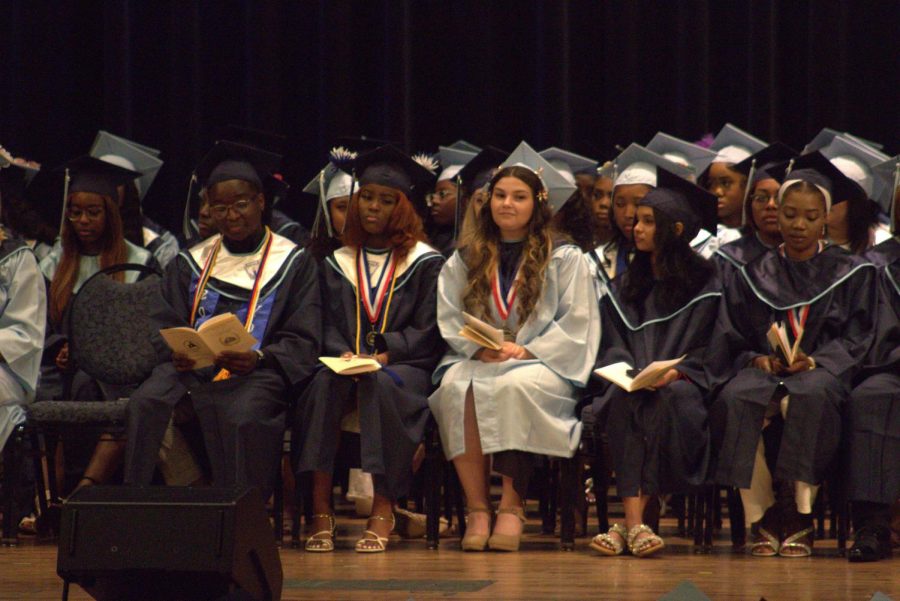
![[VIDEO] FLC 10th grade student awarded $40,000 in a BigFuture Scholarship](https://theflashflc.org/wp-content/uploads/2023/05/Screen-Shot-2023-05-02-at-4.39.10-PM-900x493.png)
![[VIDEO] Mayoral candidates campaign on student issues](https://theflashflc.org/wp-content/uploads/2023/04/IMG_1387-900x506.jpg)
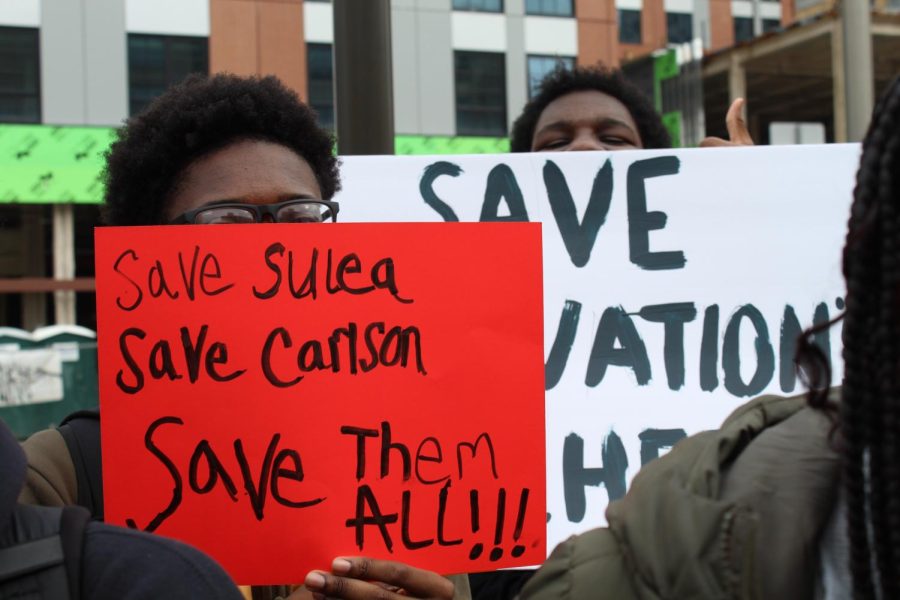
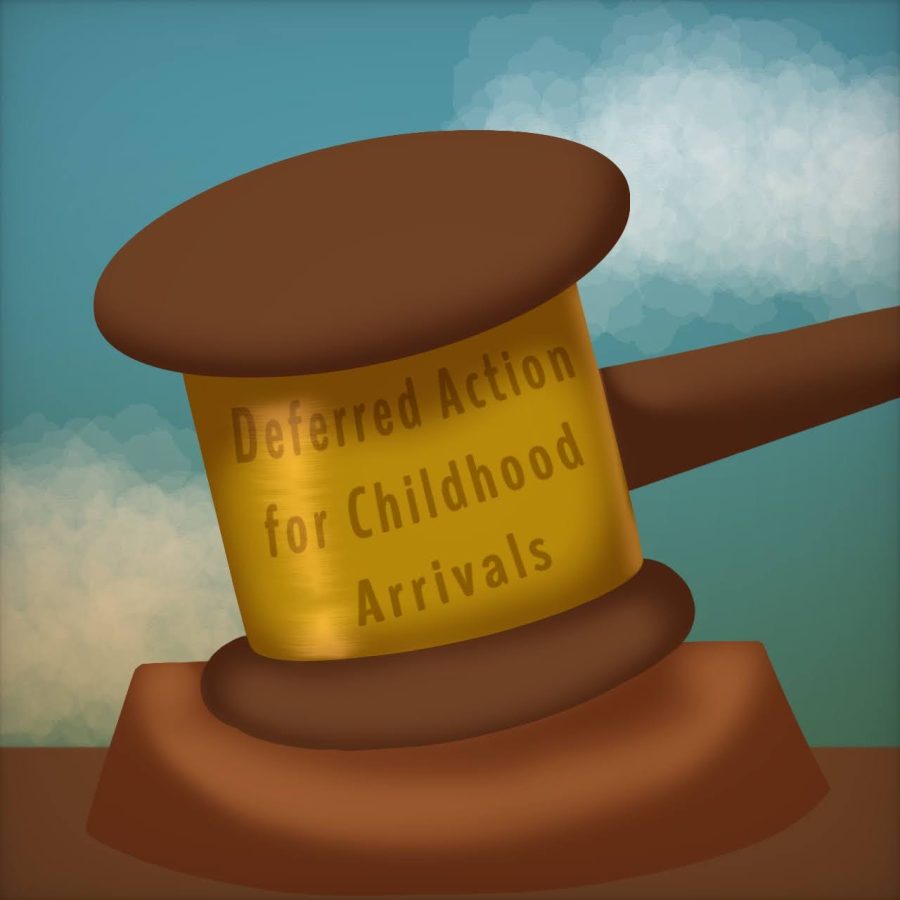
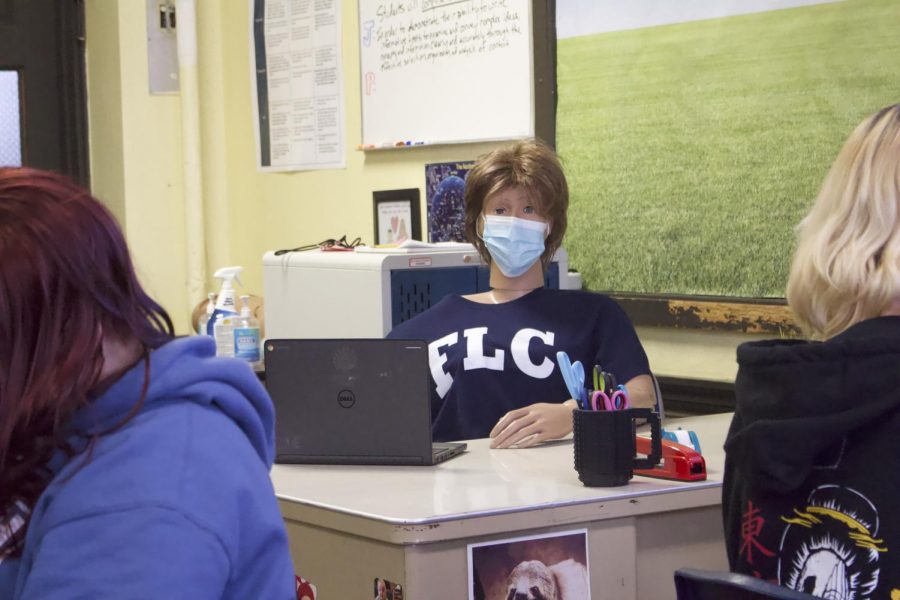
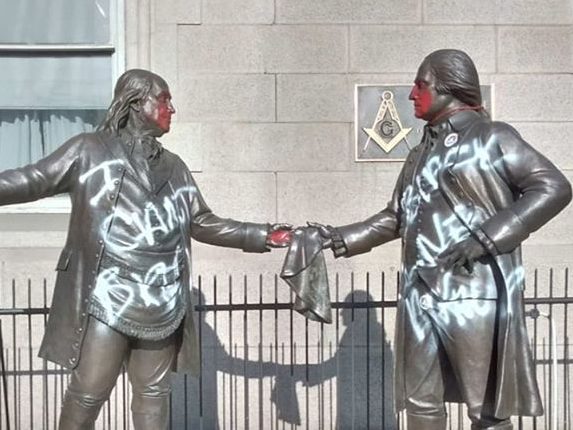
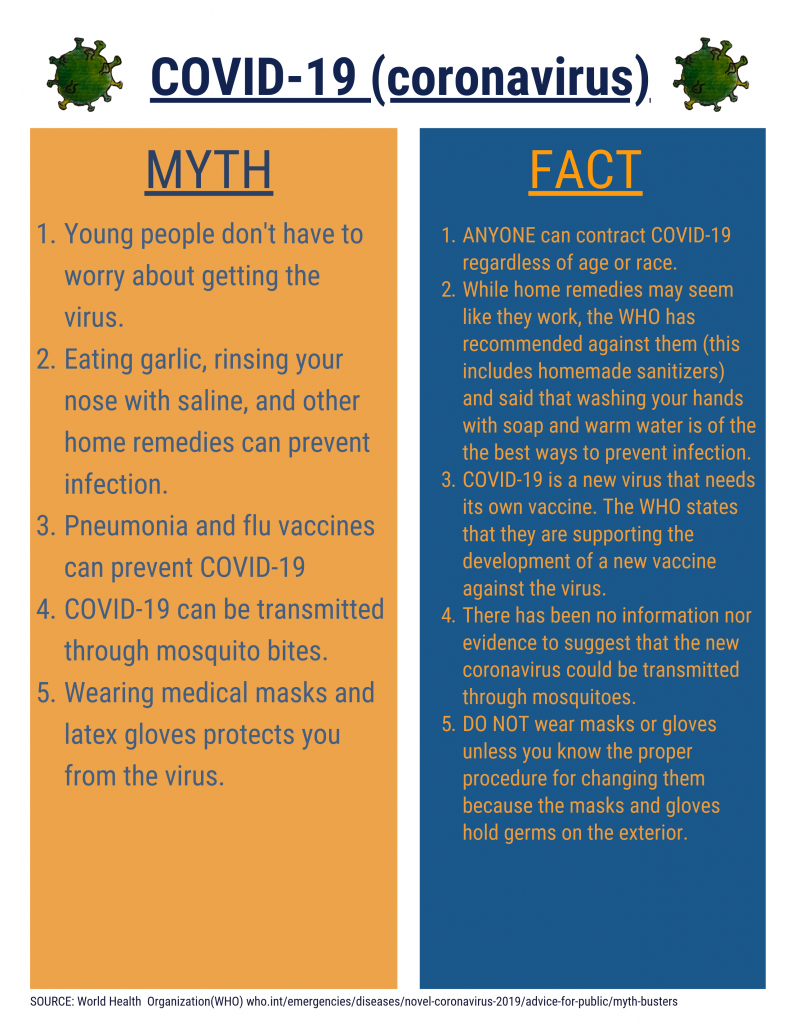

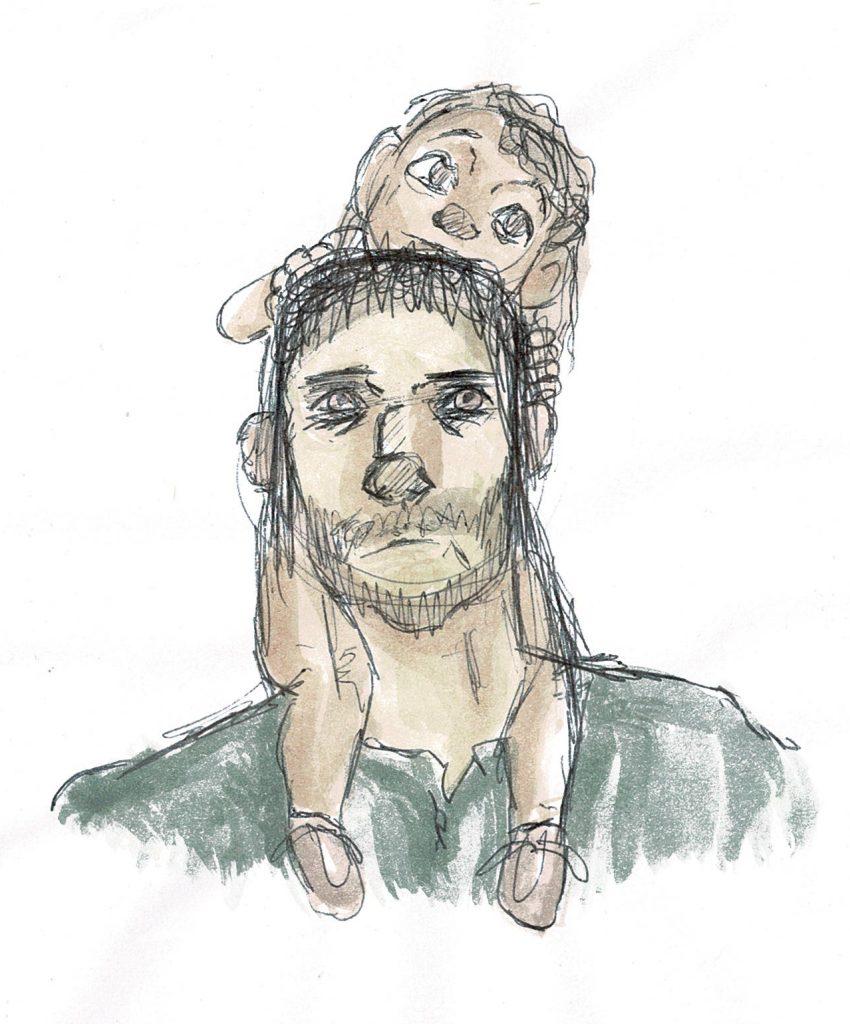

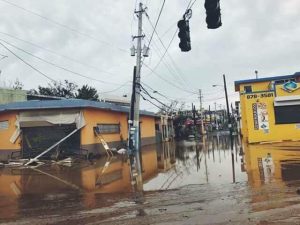
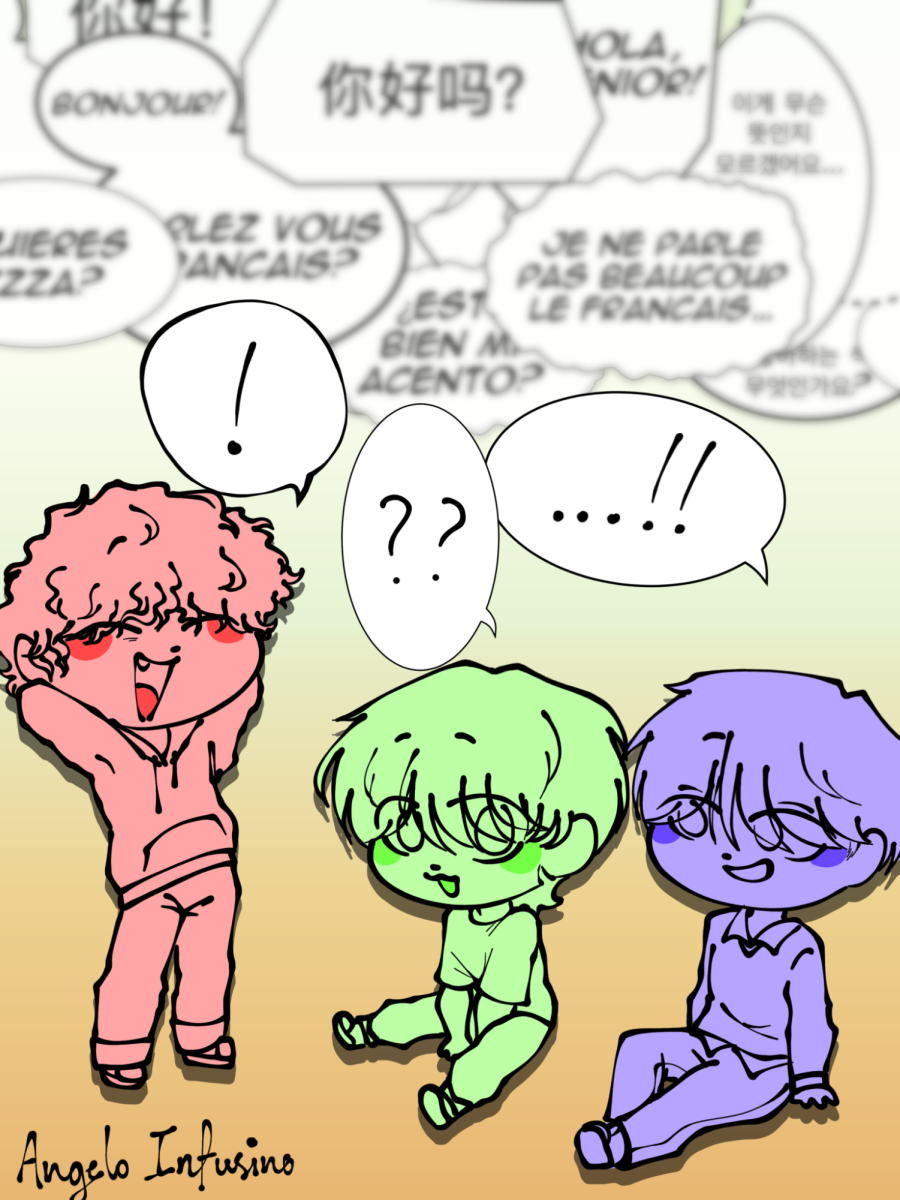
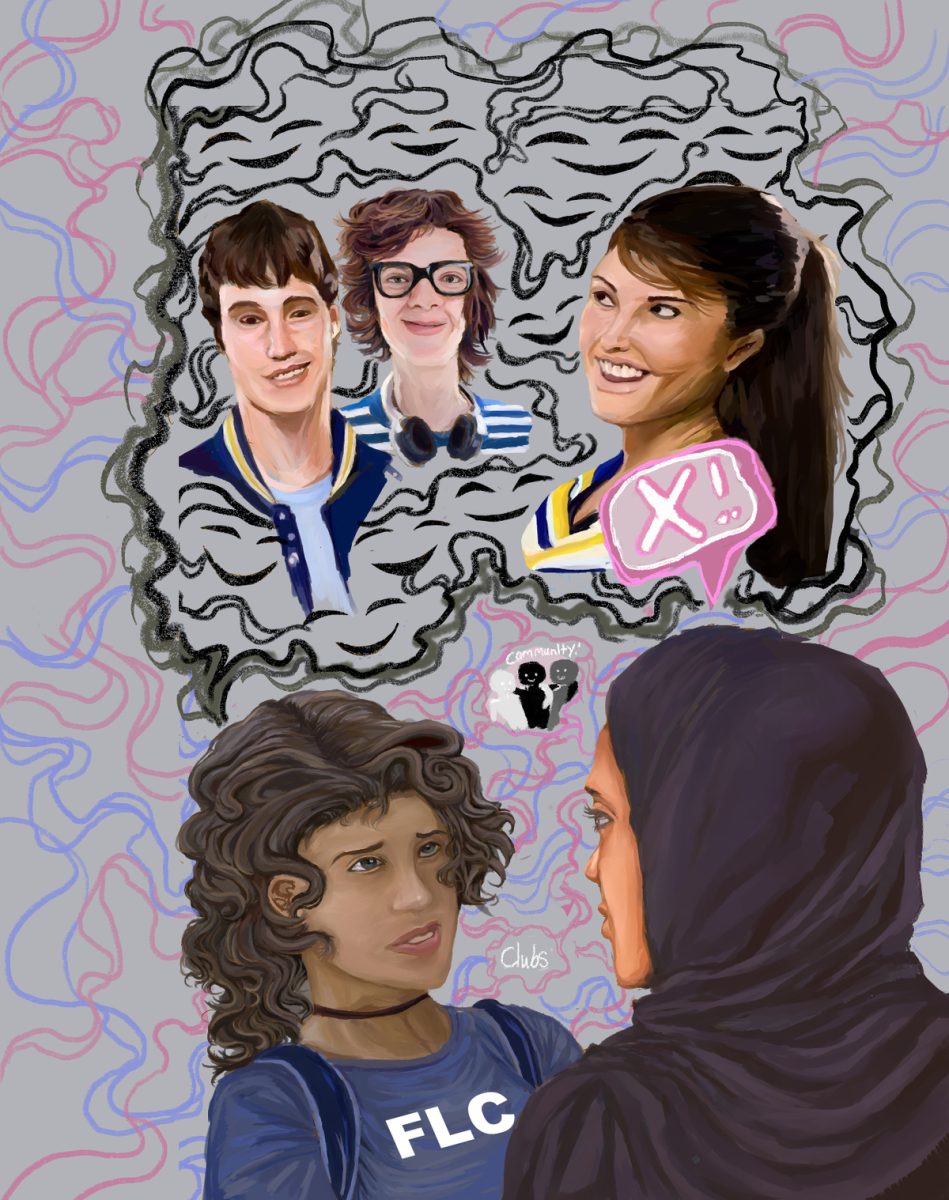
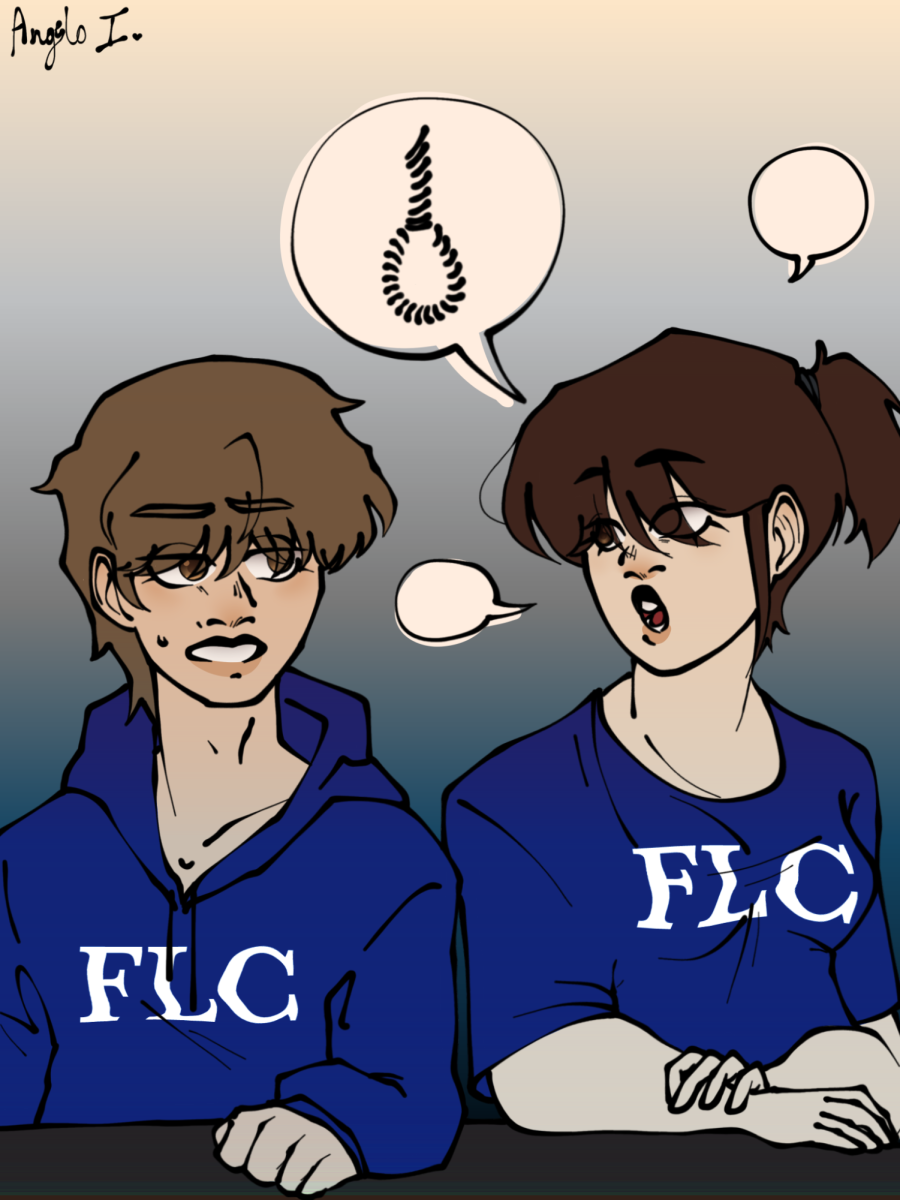
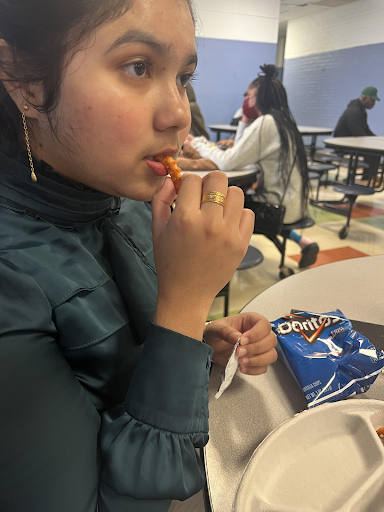
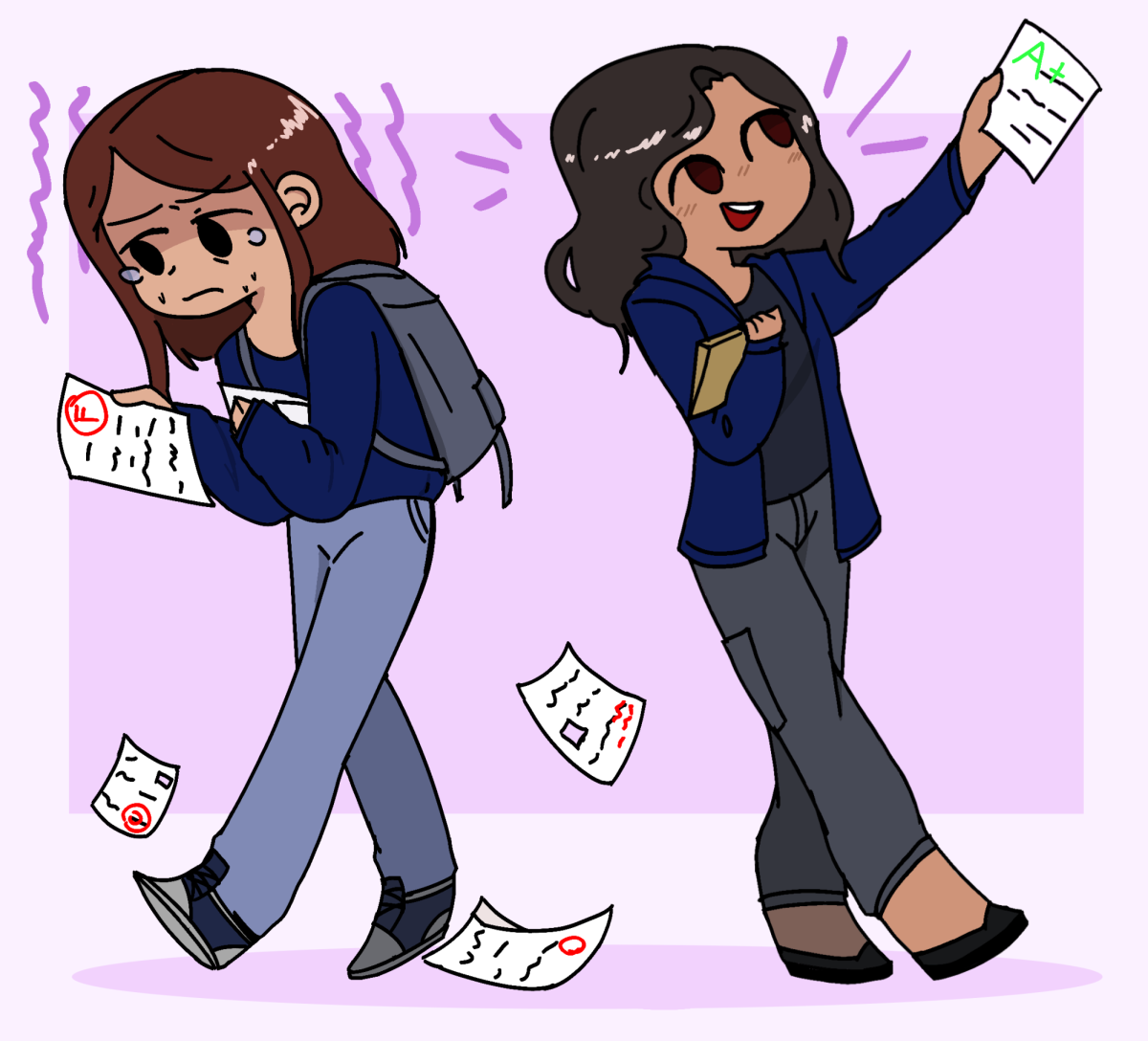
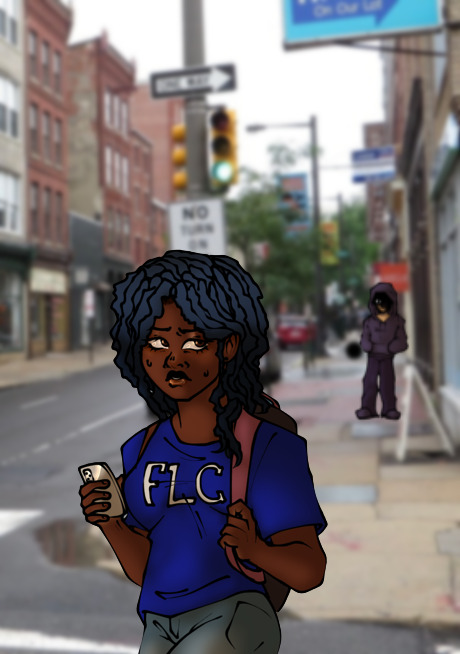
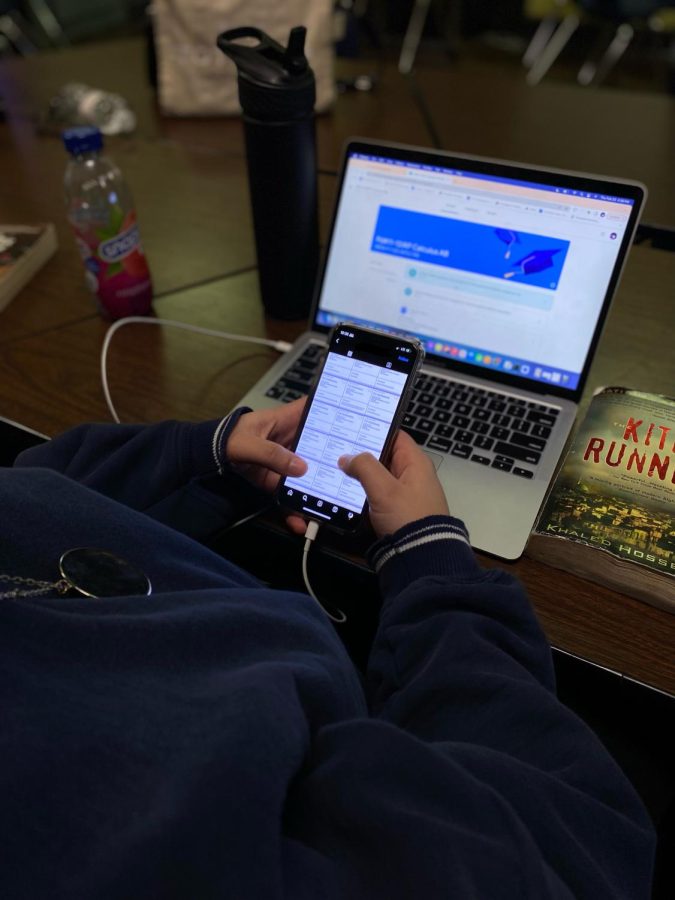
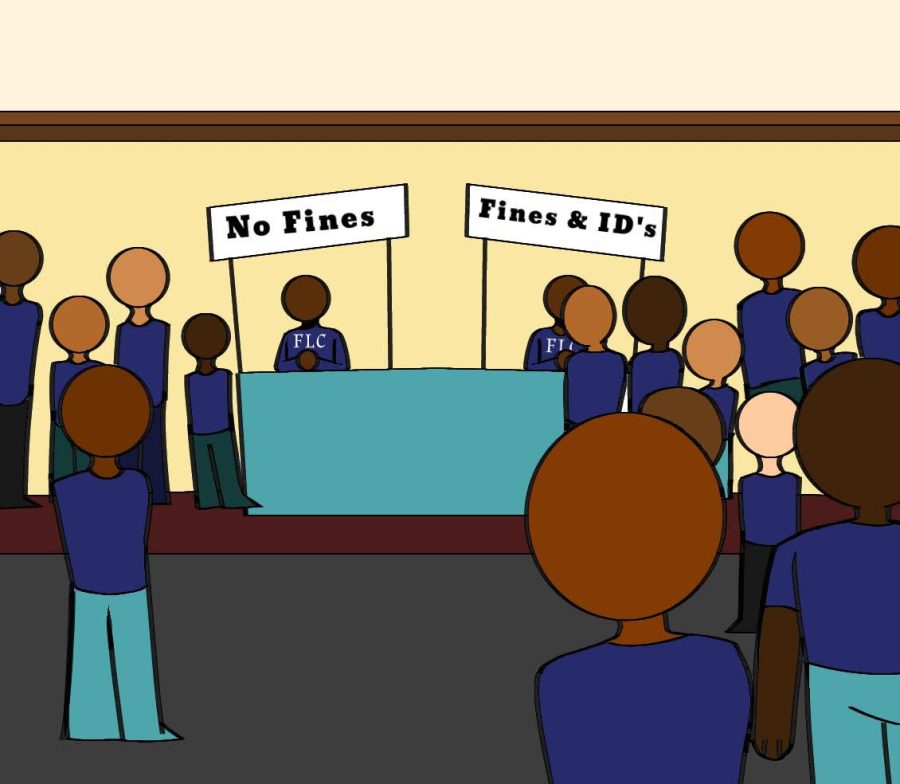
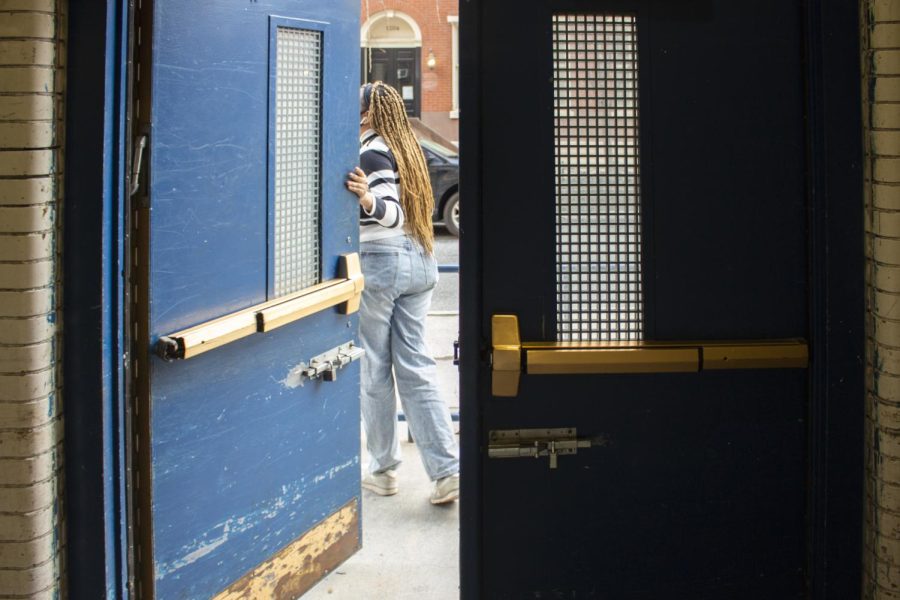
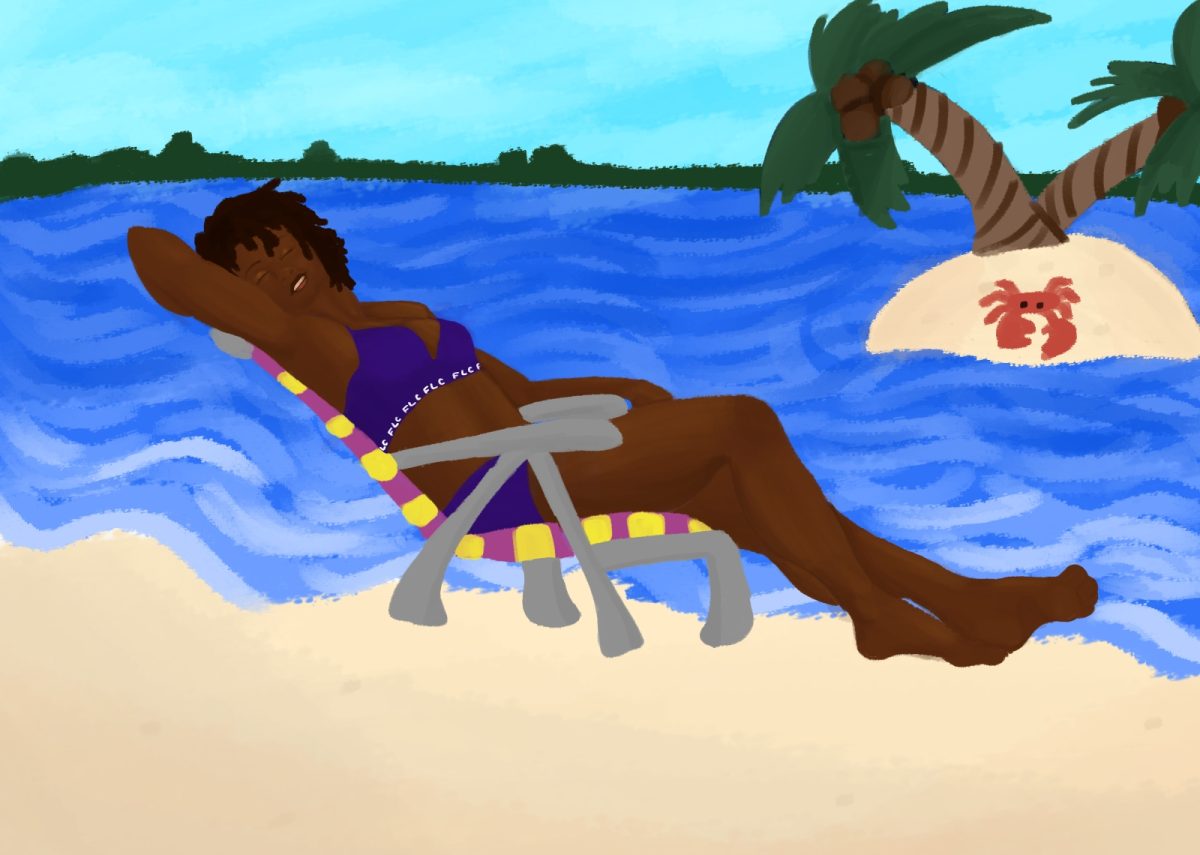
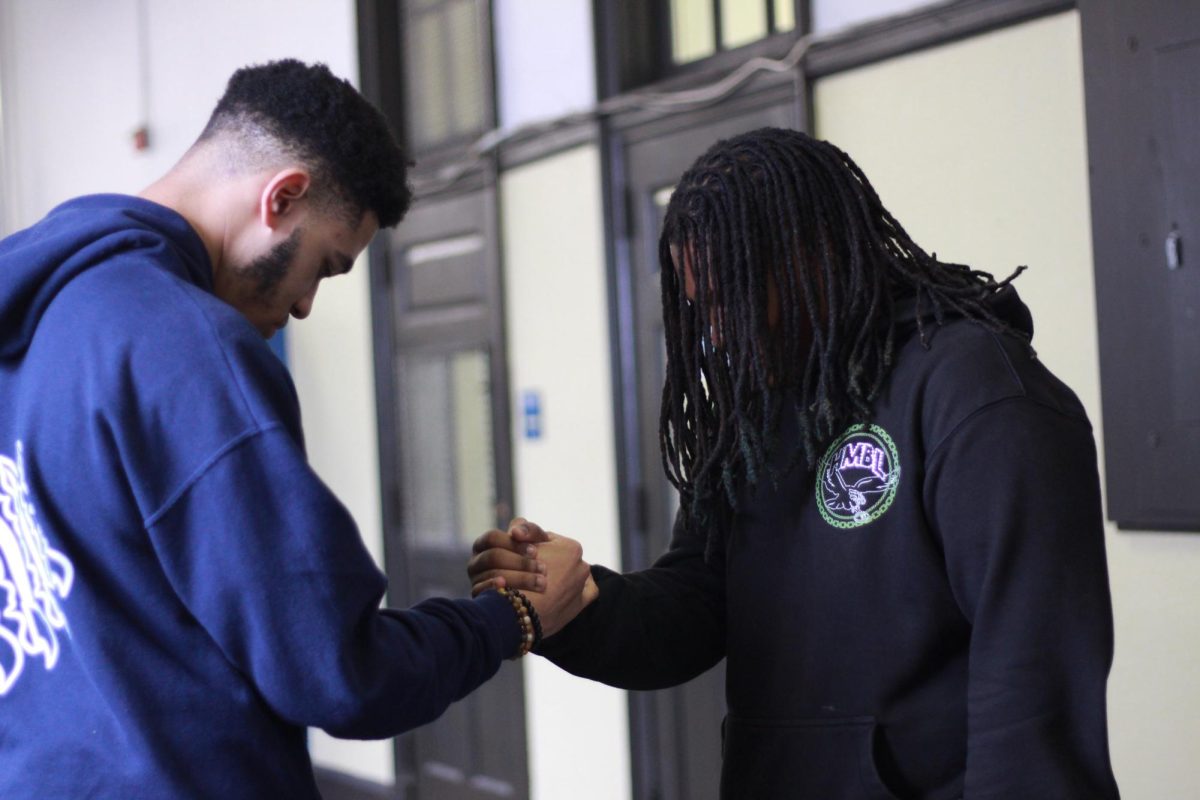
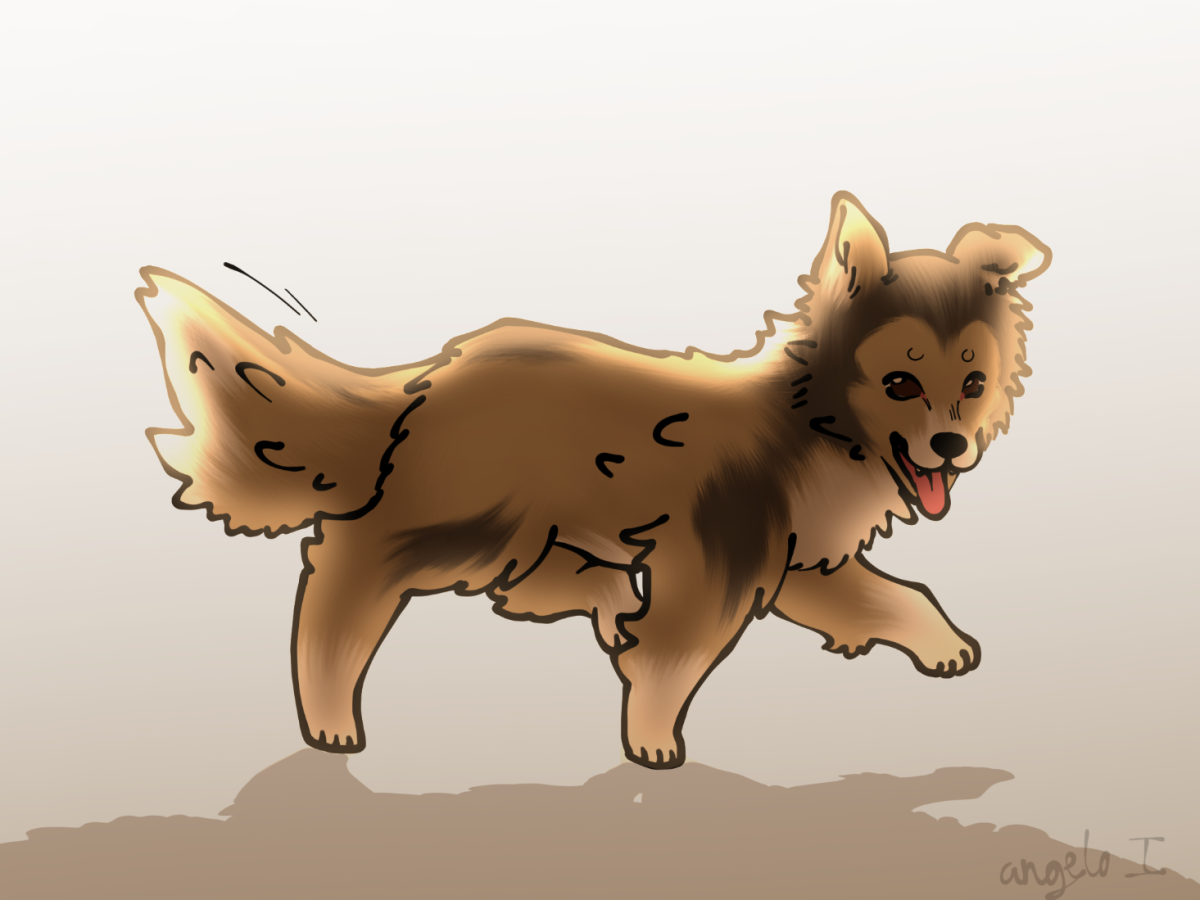
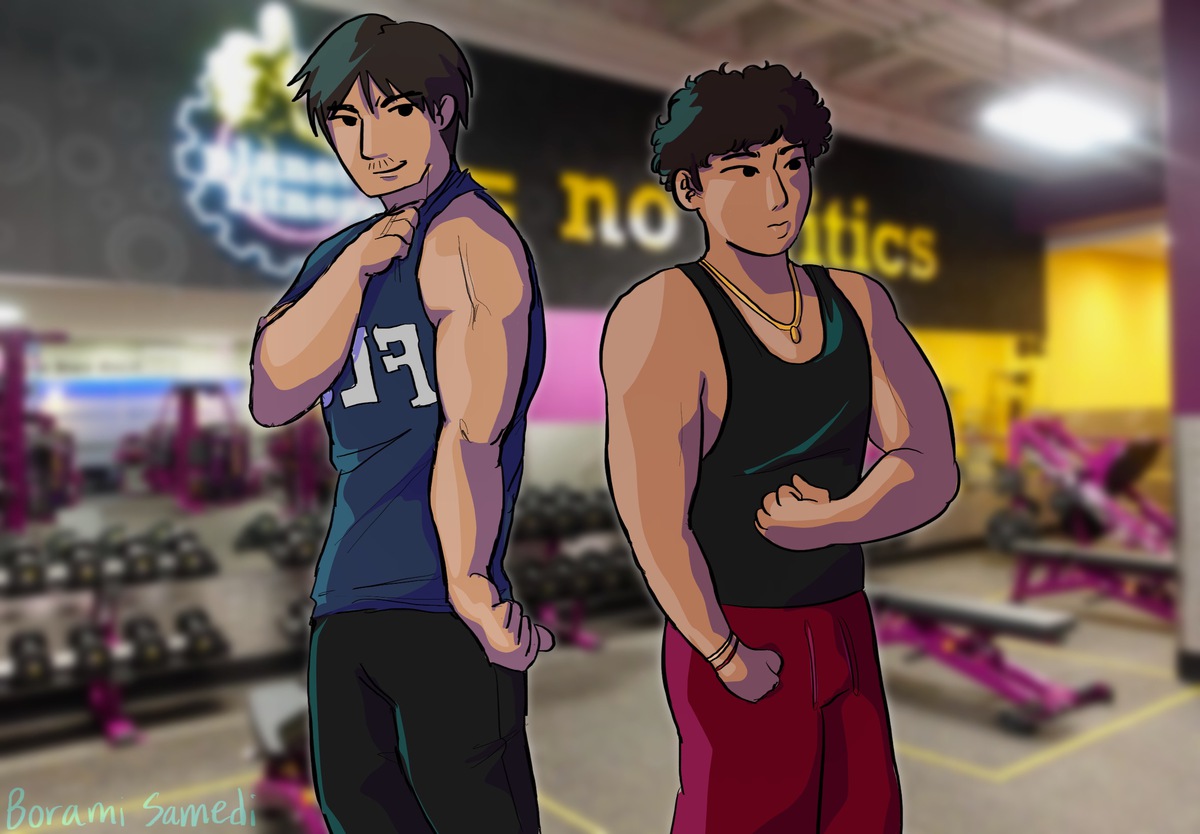
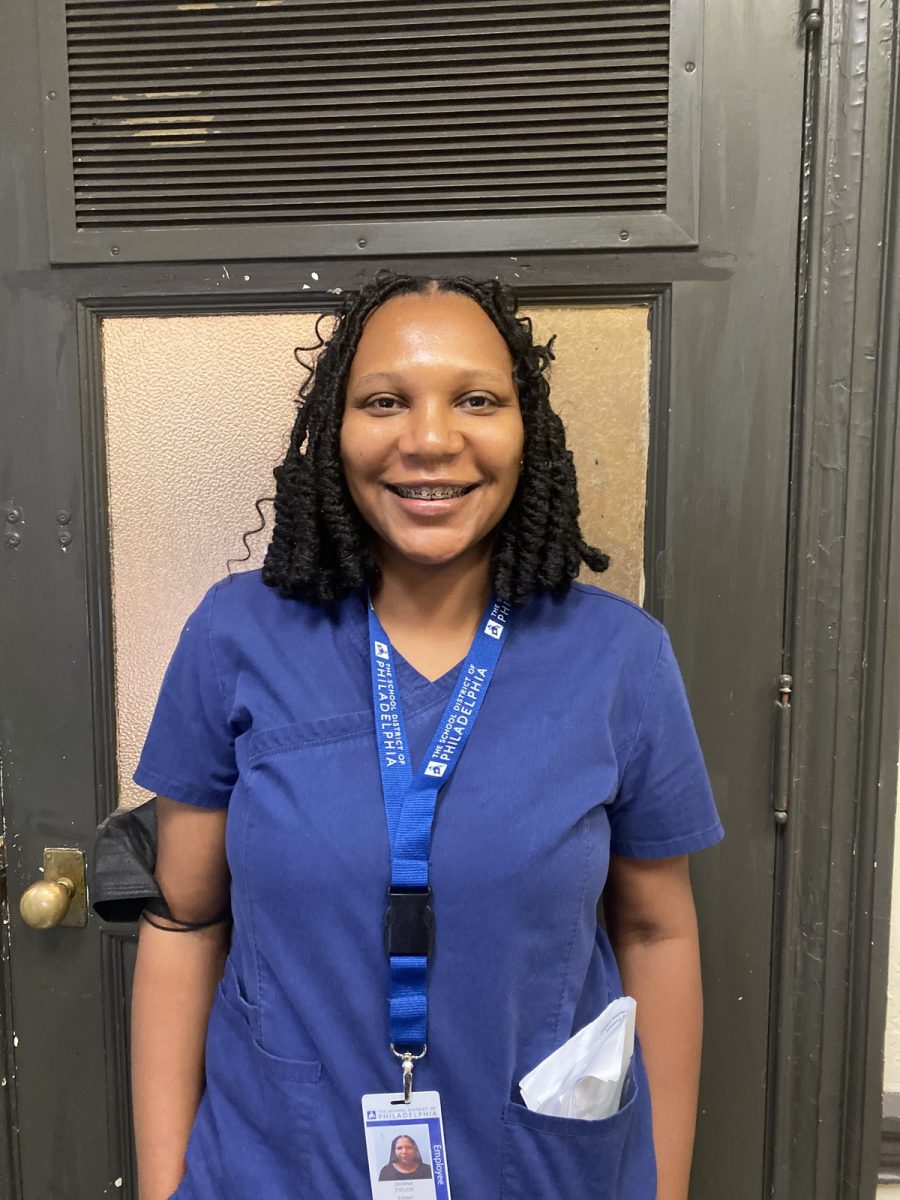
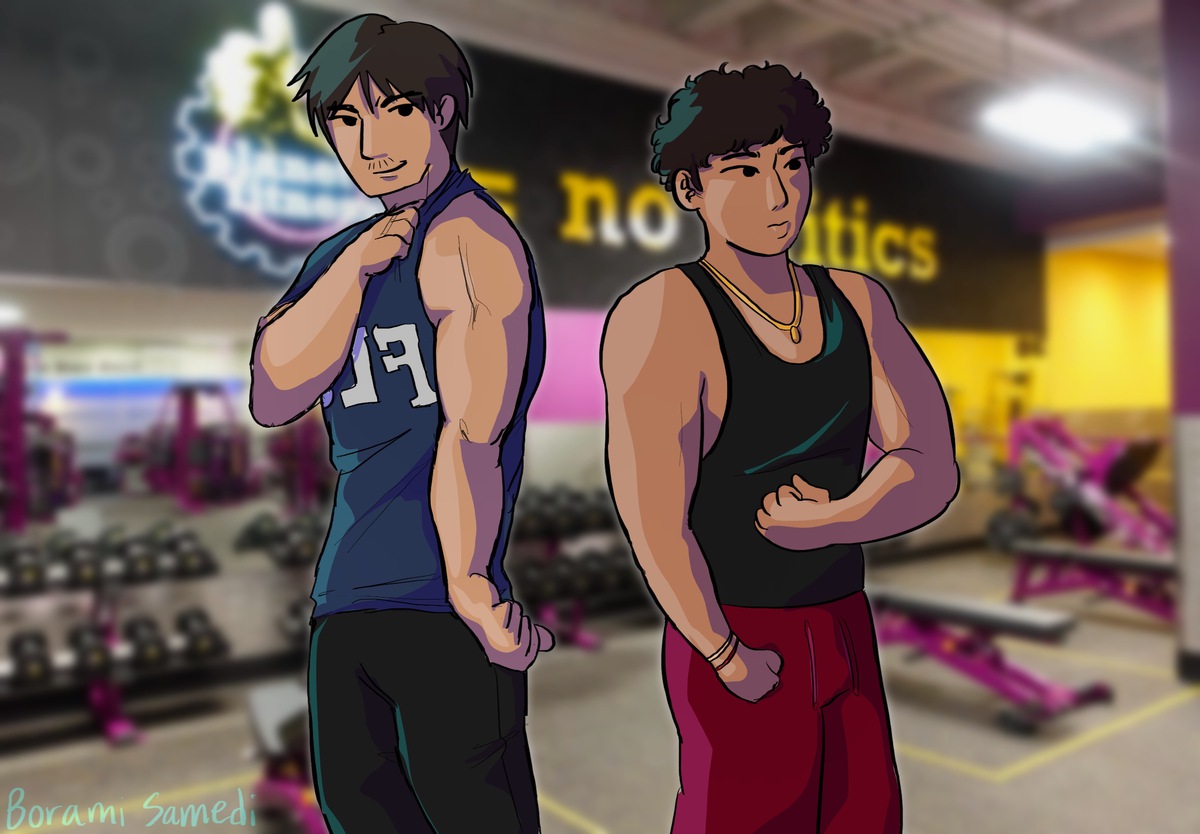
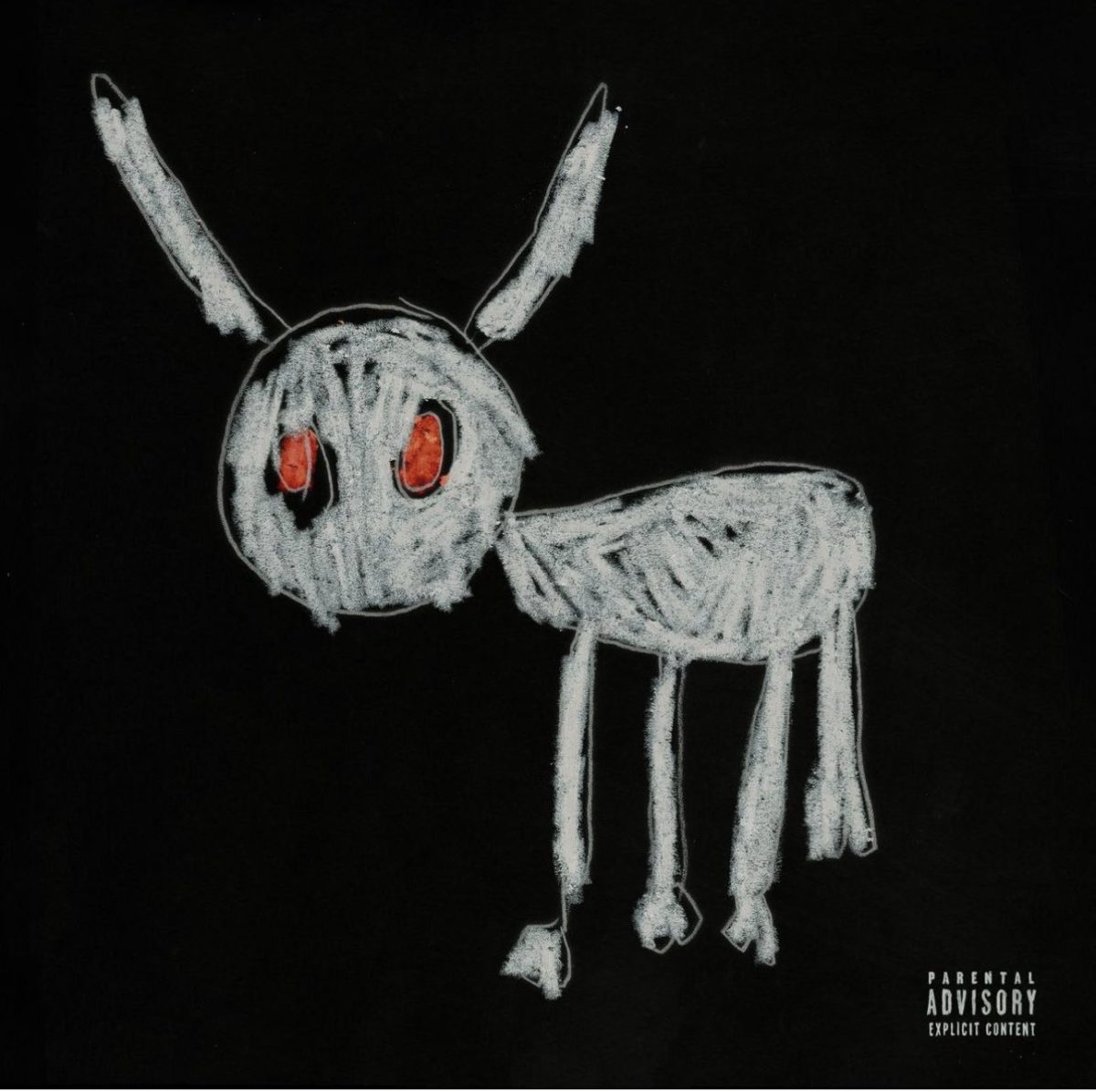
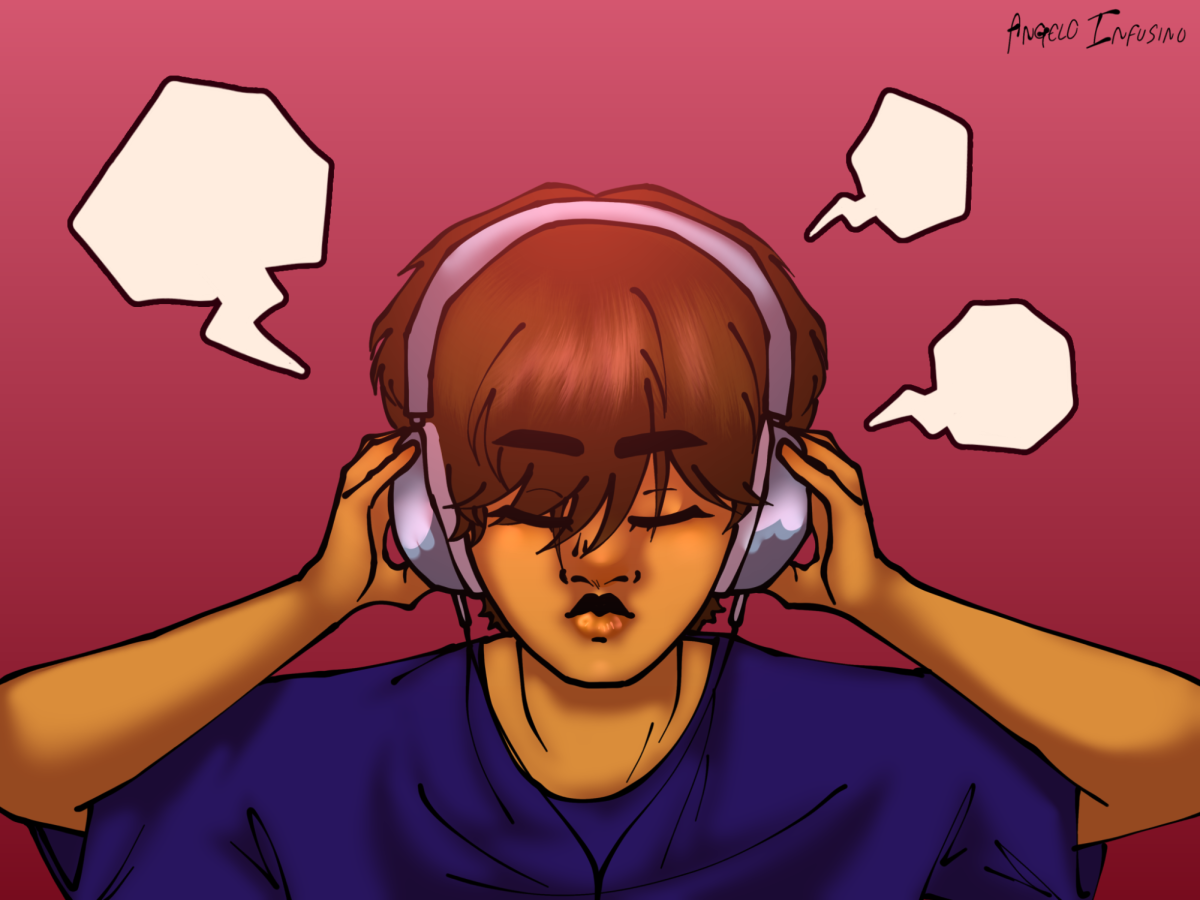
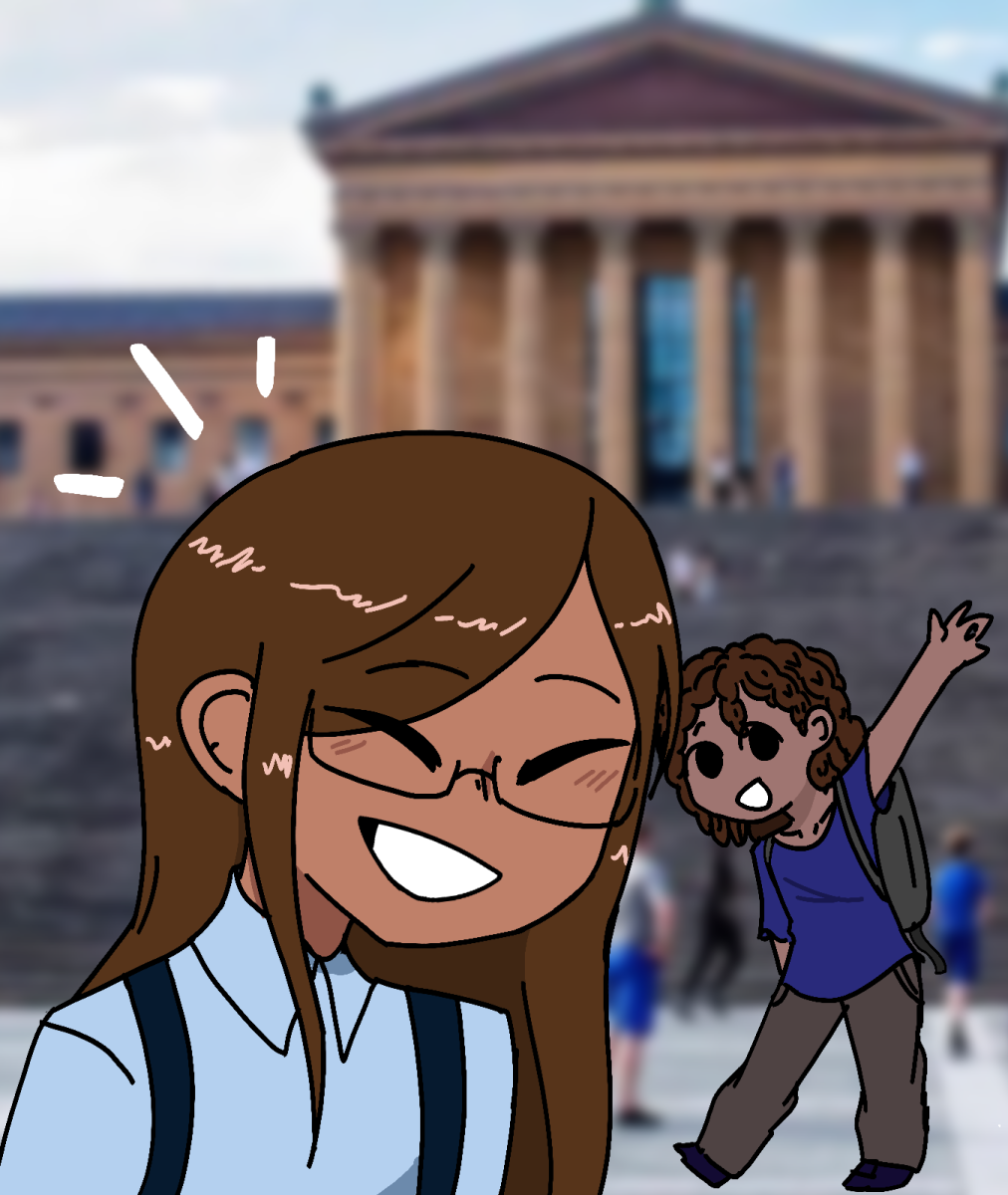

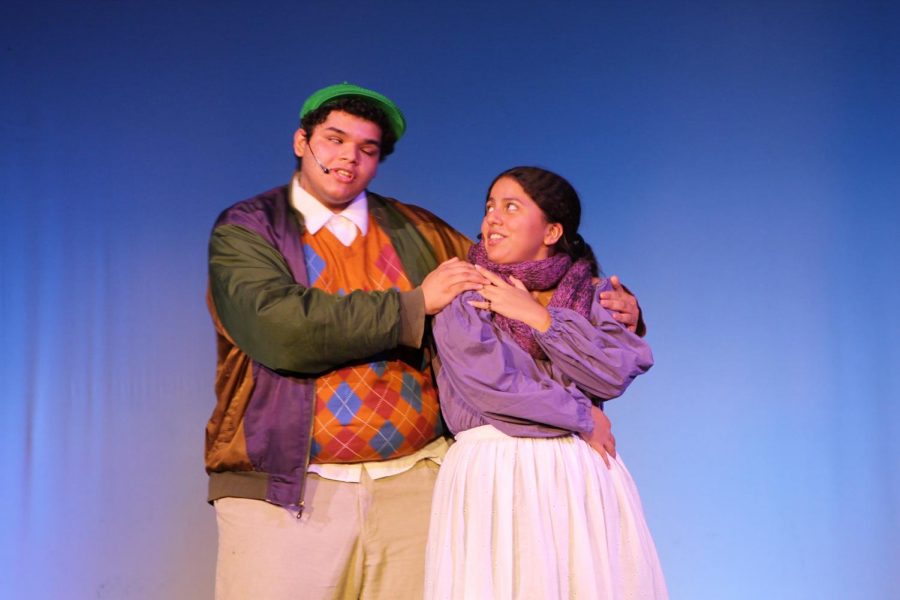
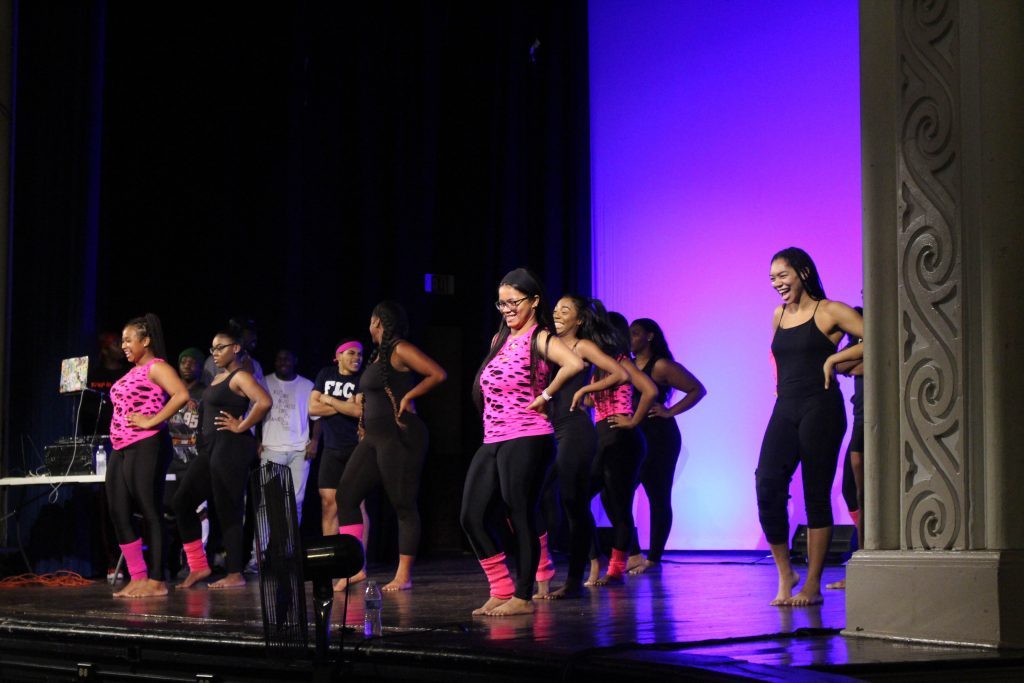
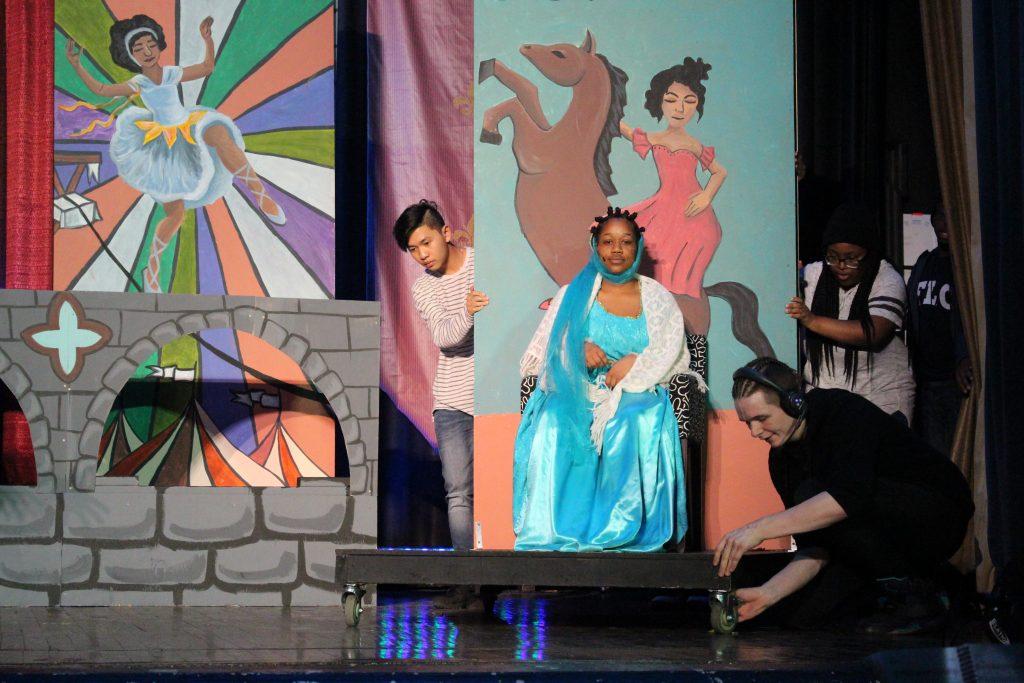
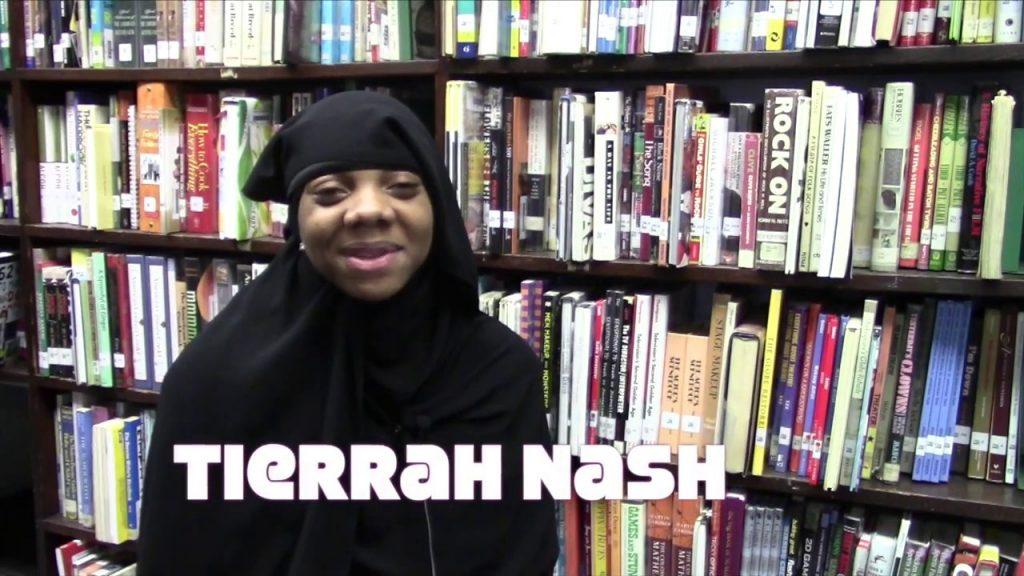

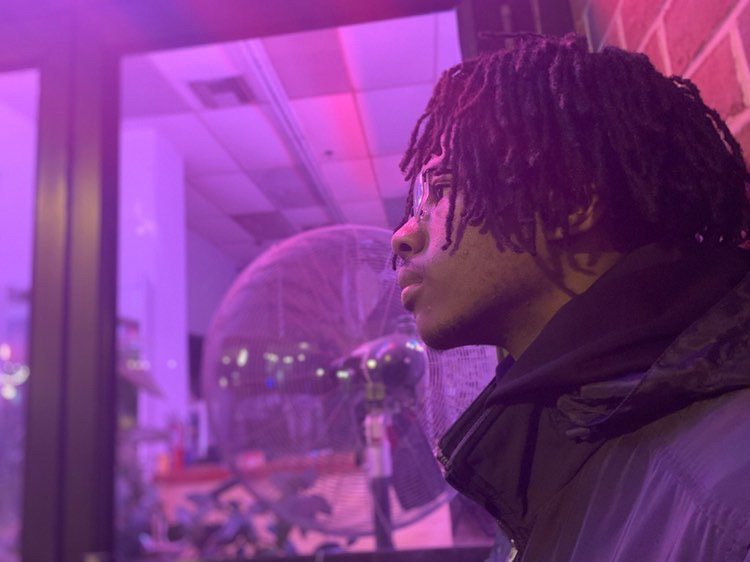
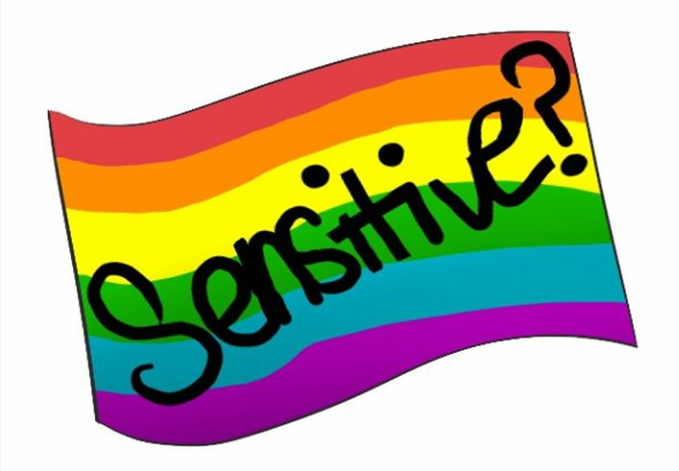




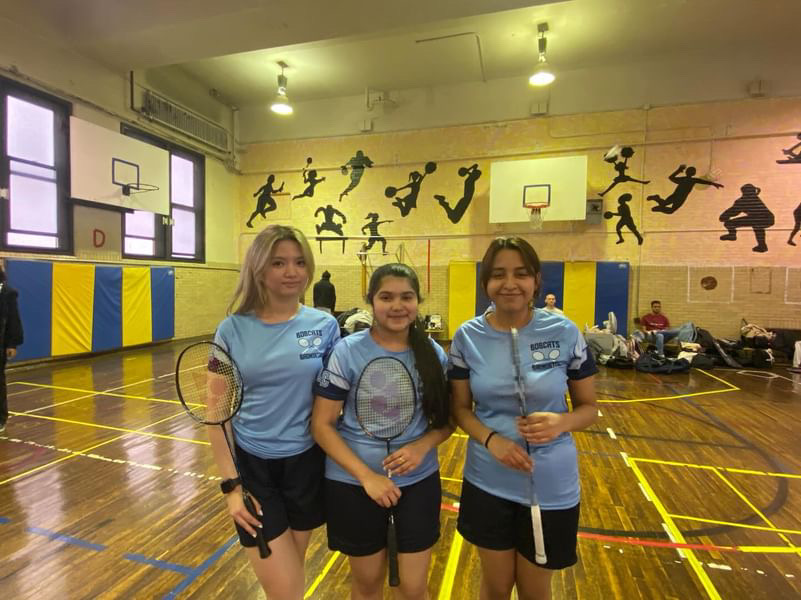
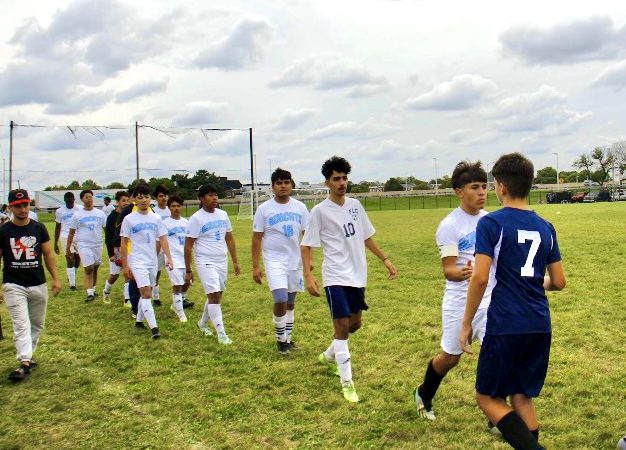
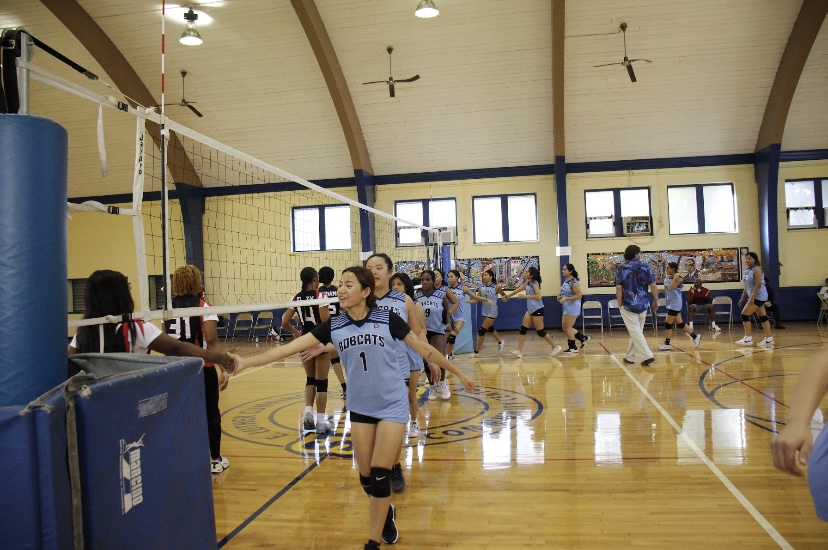
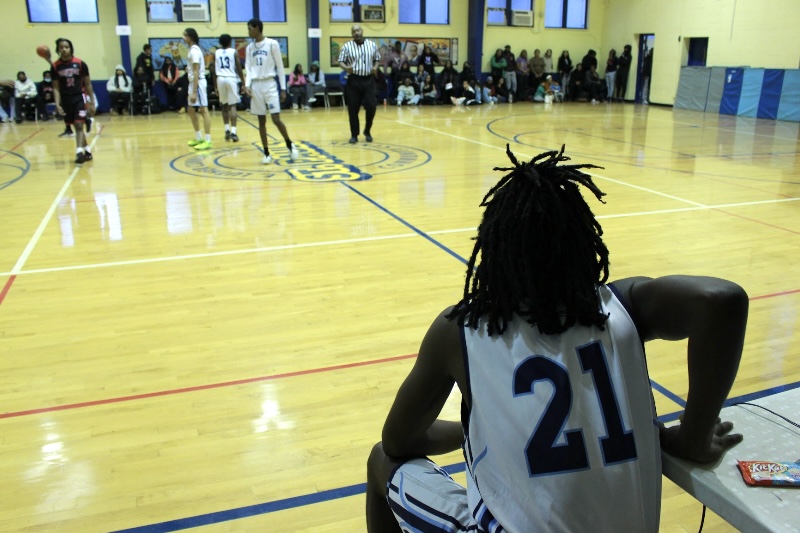
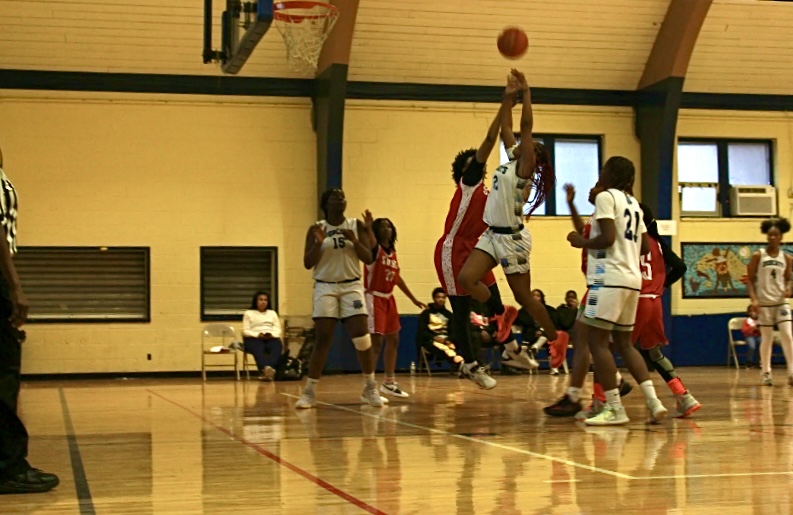
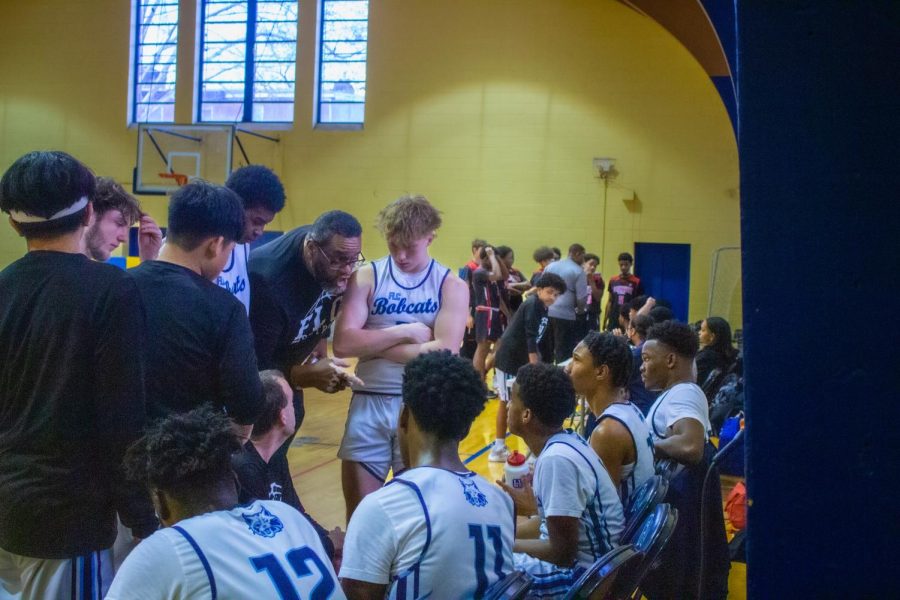

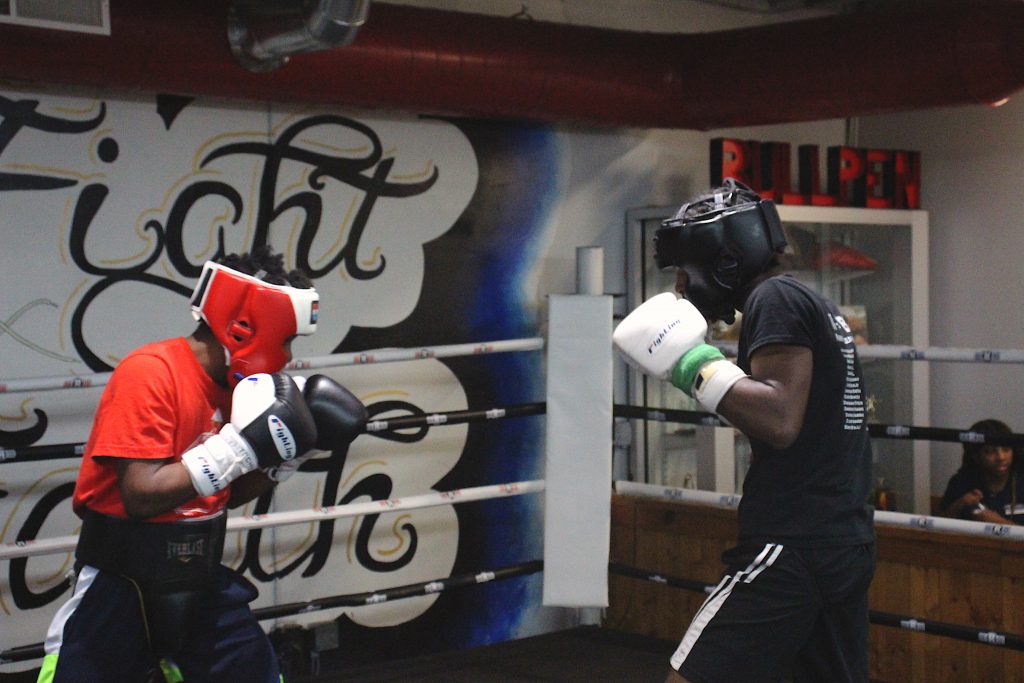
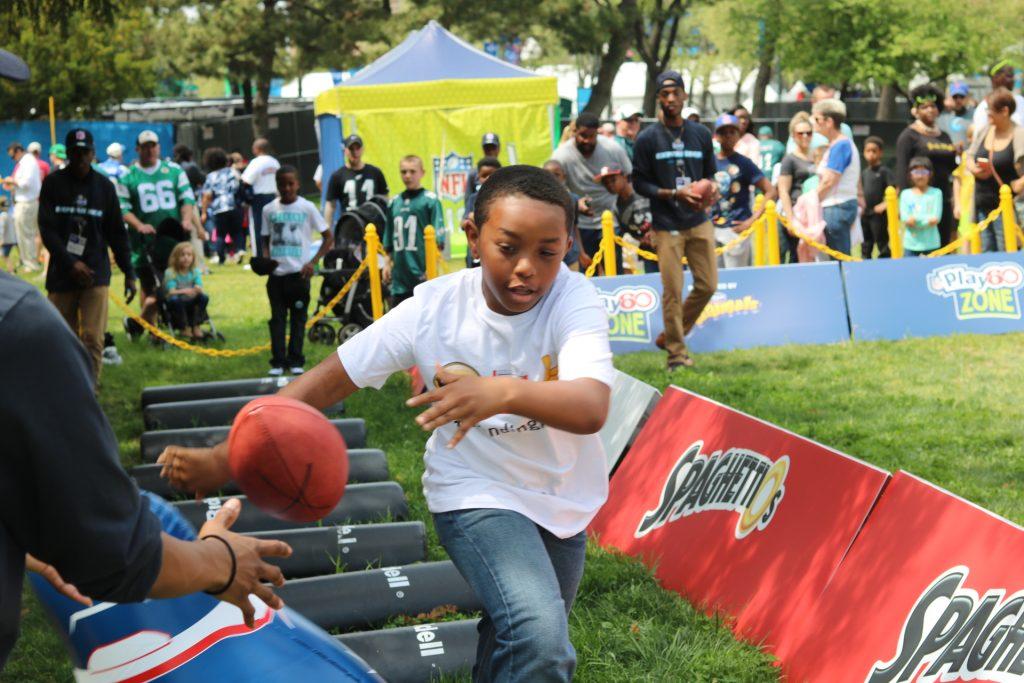
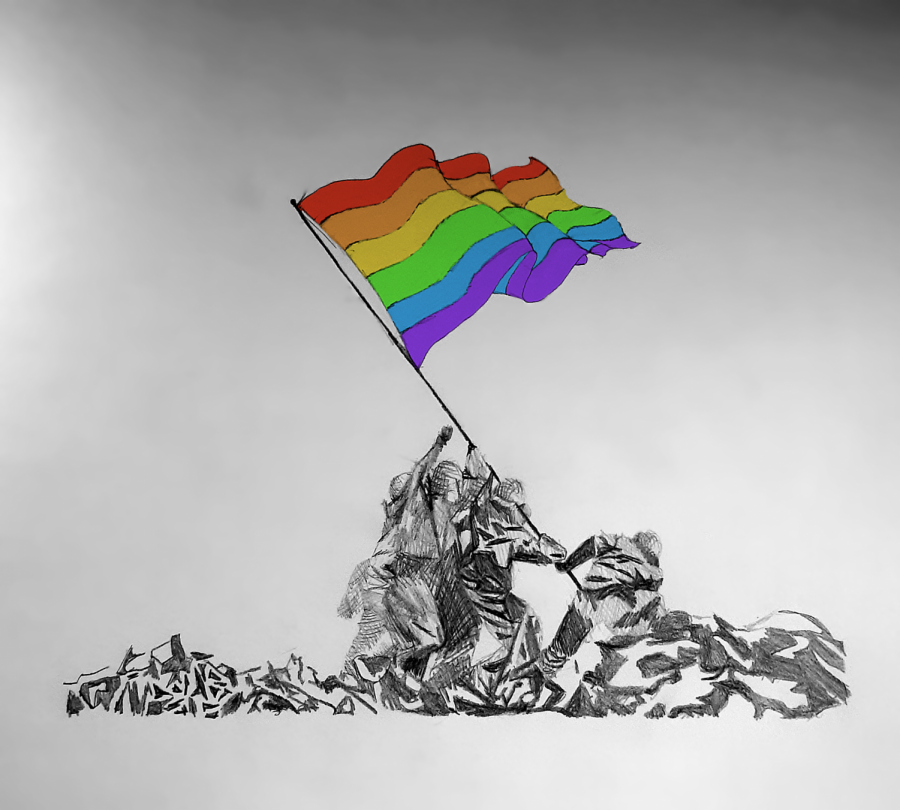
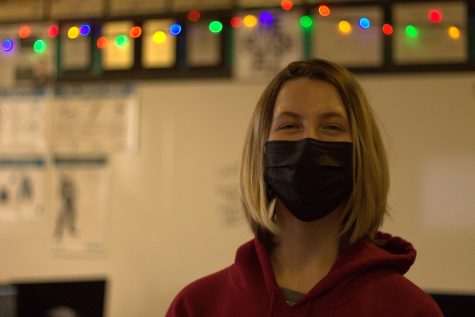

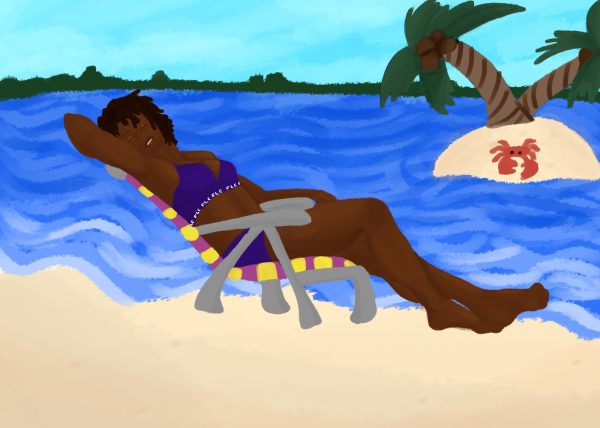
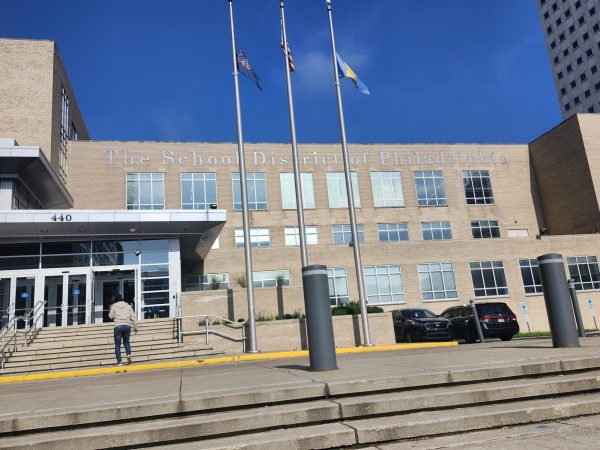
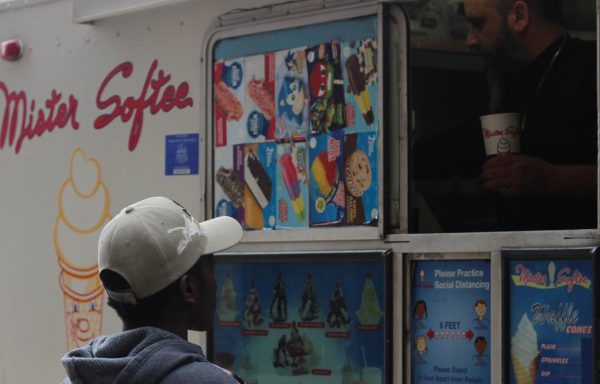
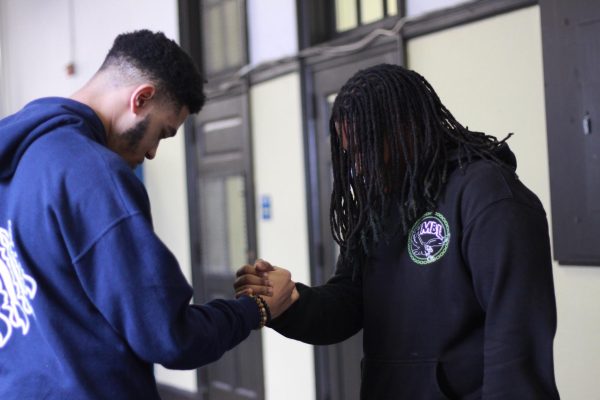
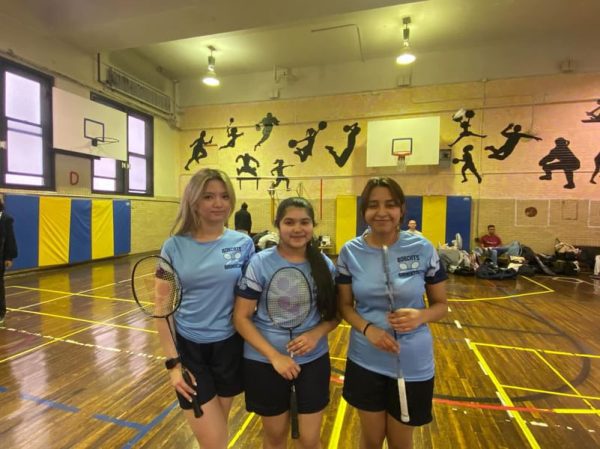
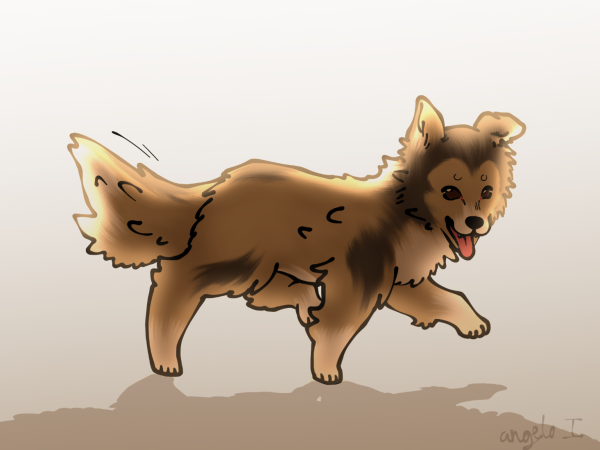
![[Reflections] Flash students compete in state journalism convention at Penn State University](https://theflashflc.org/wp-content/uploads/2024/04/image_2024-04-05_214115397-450x600.png)
